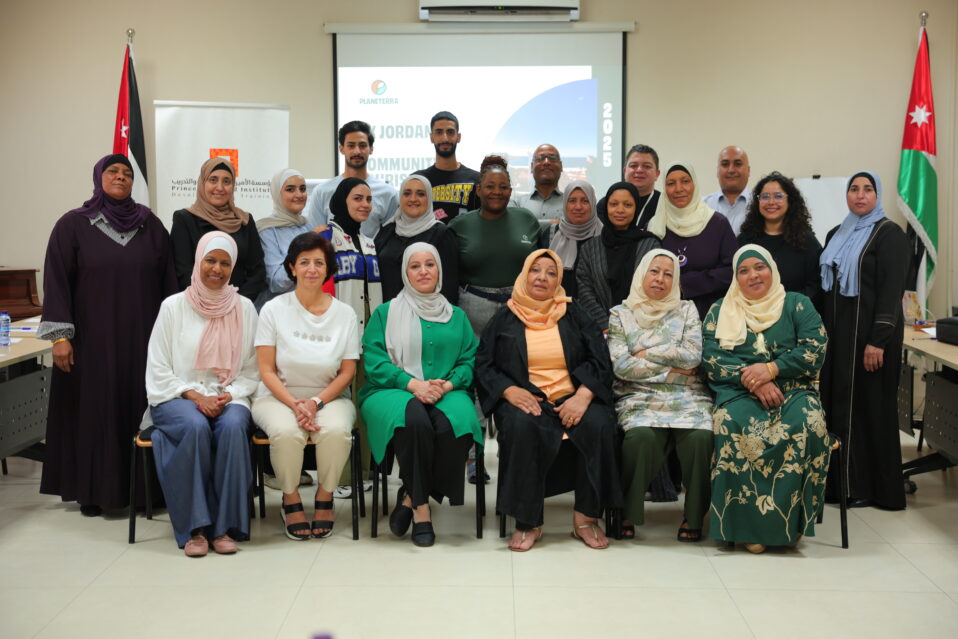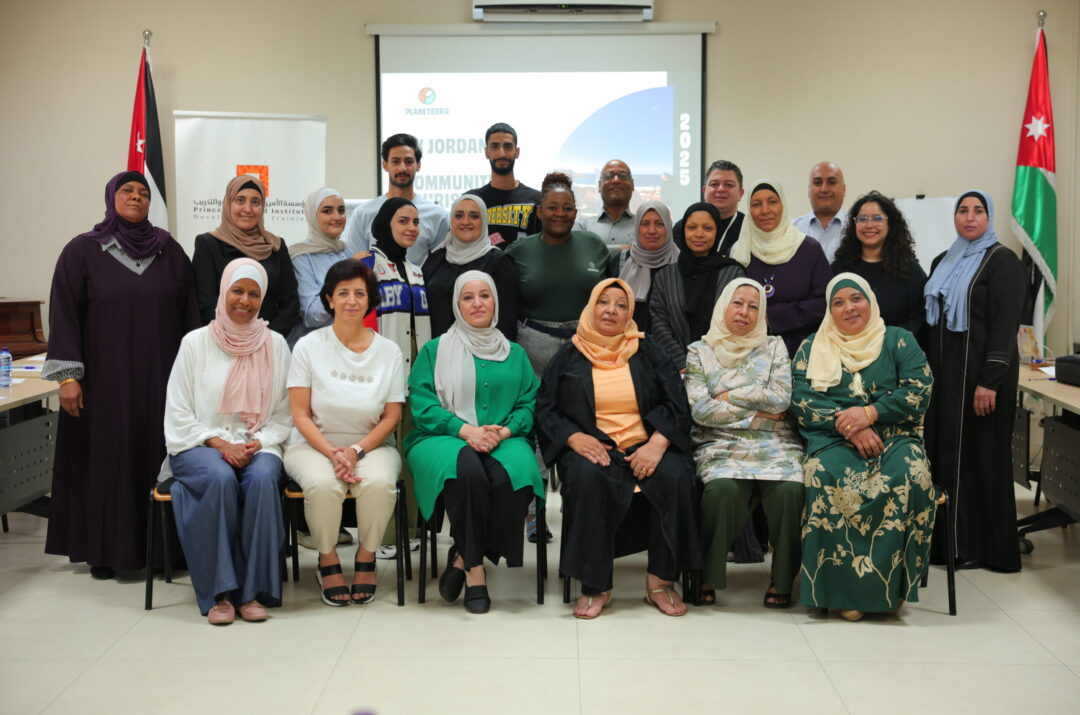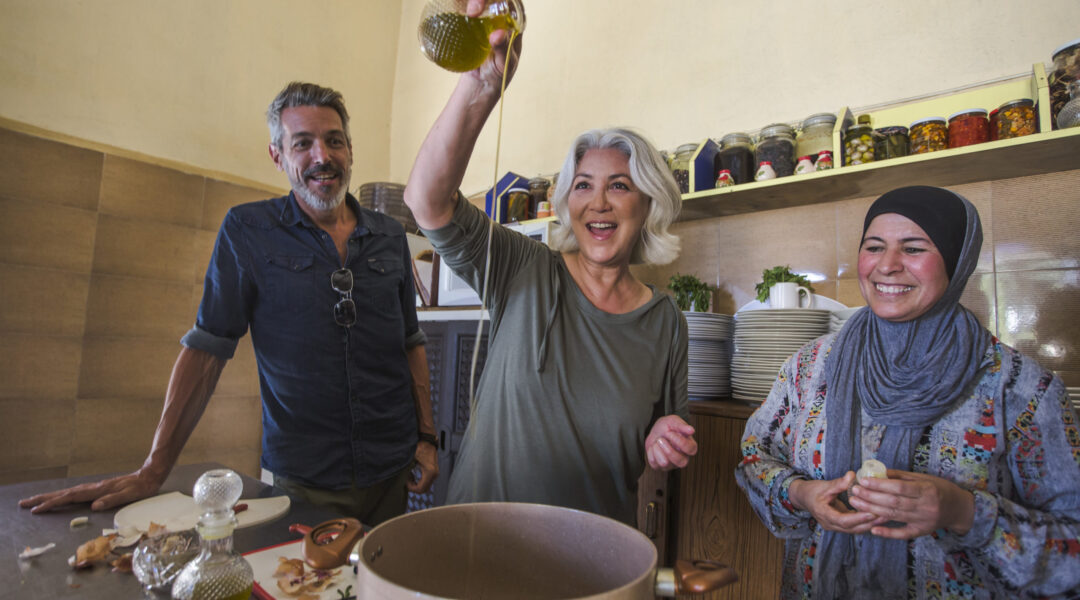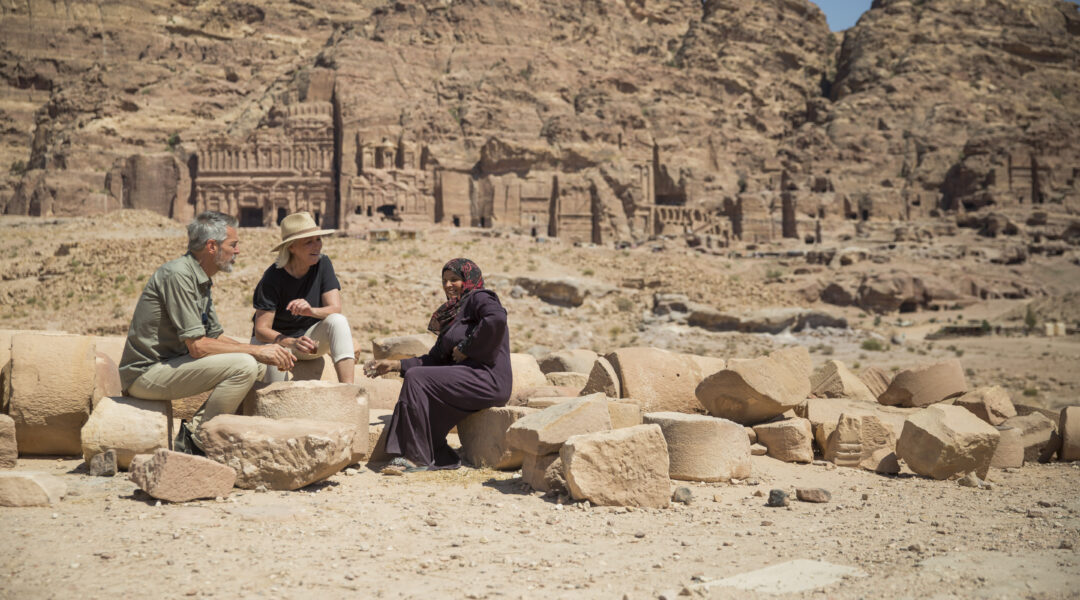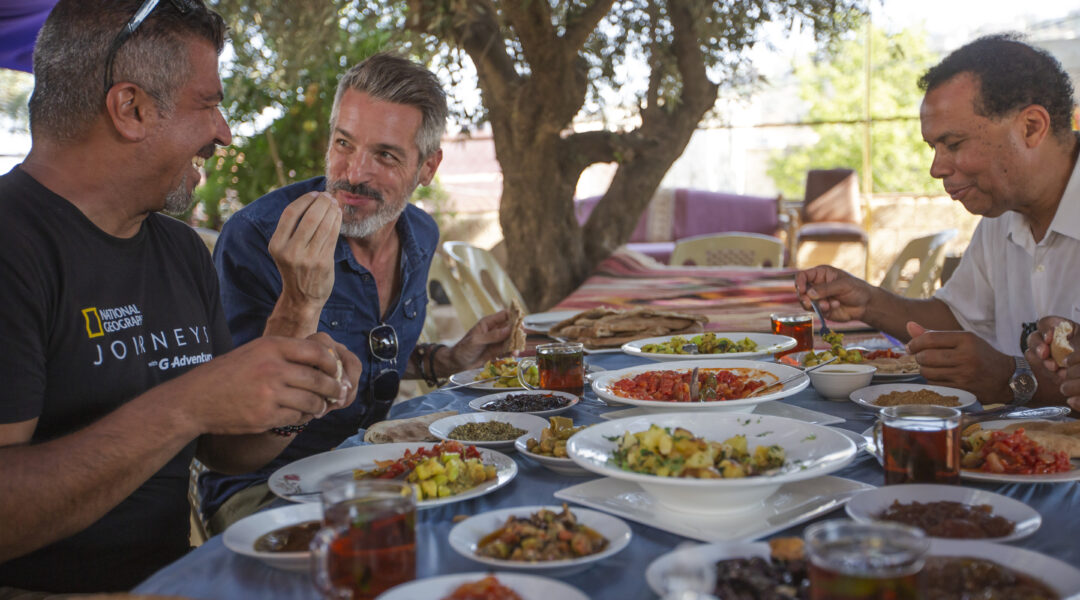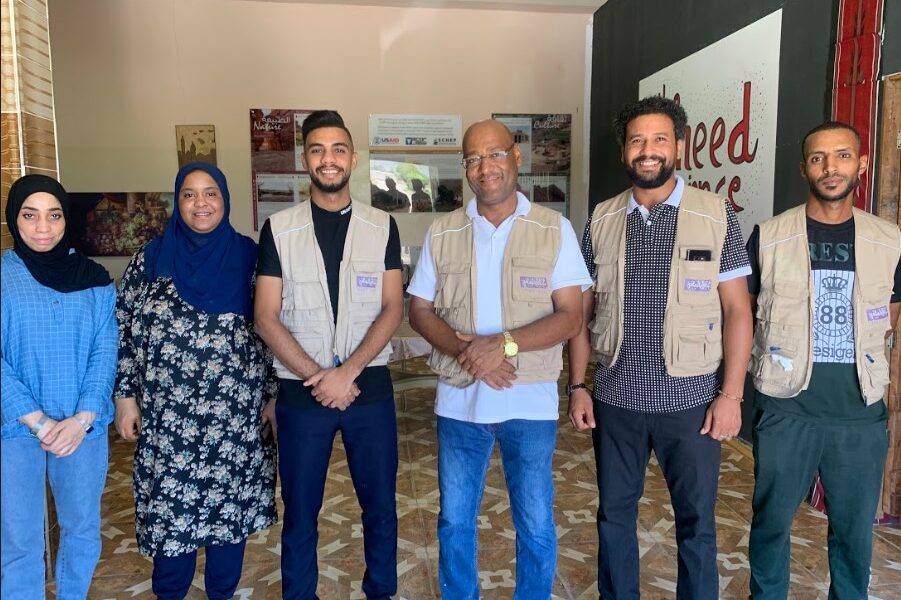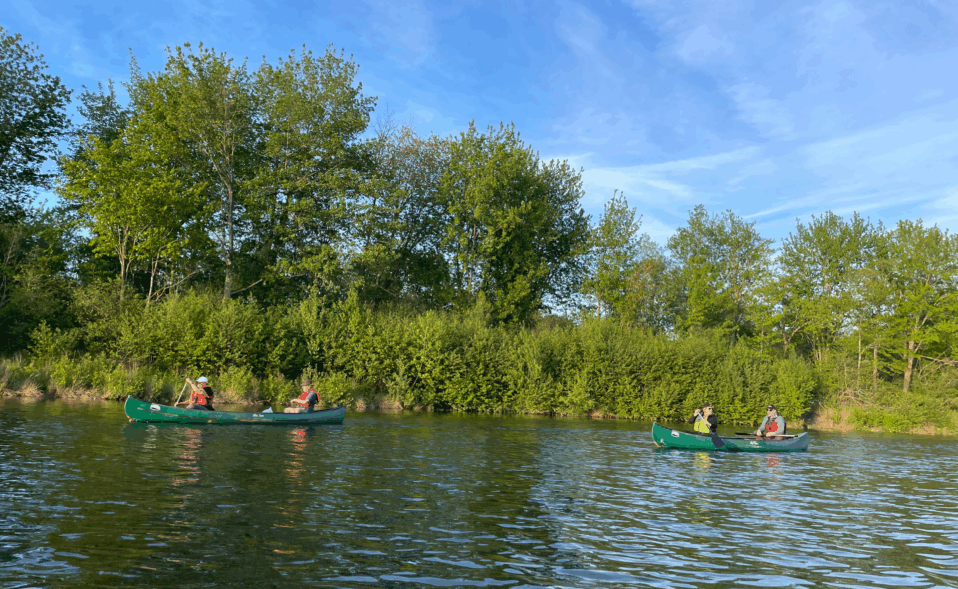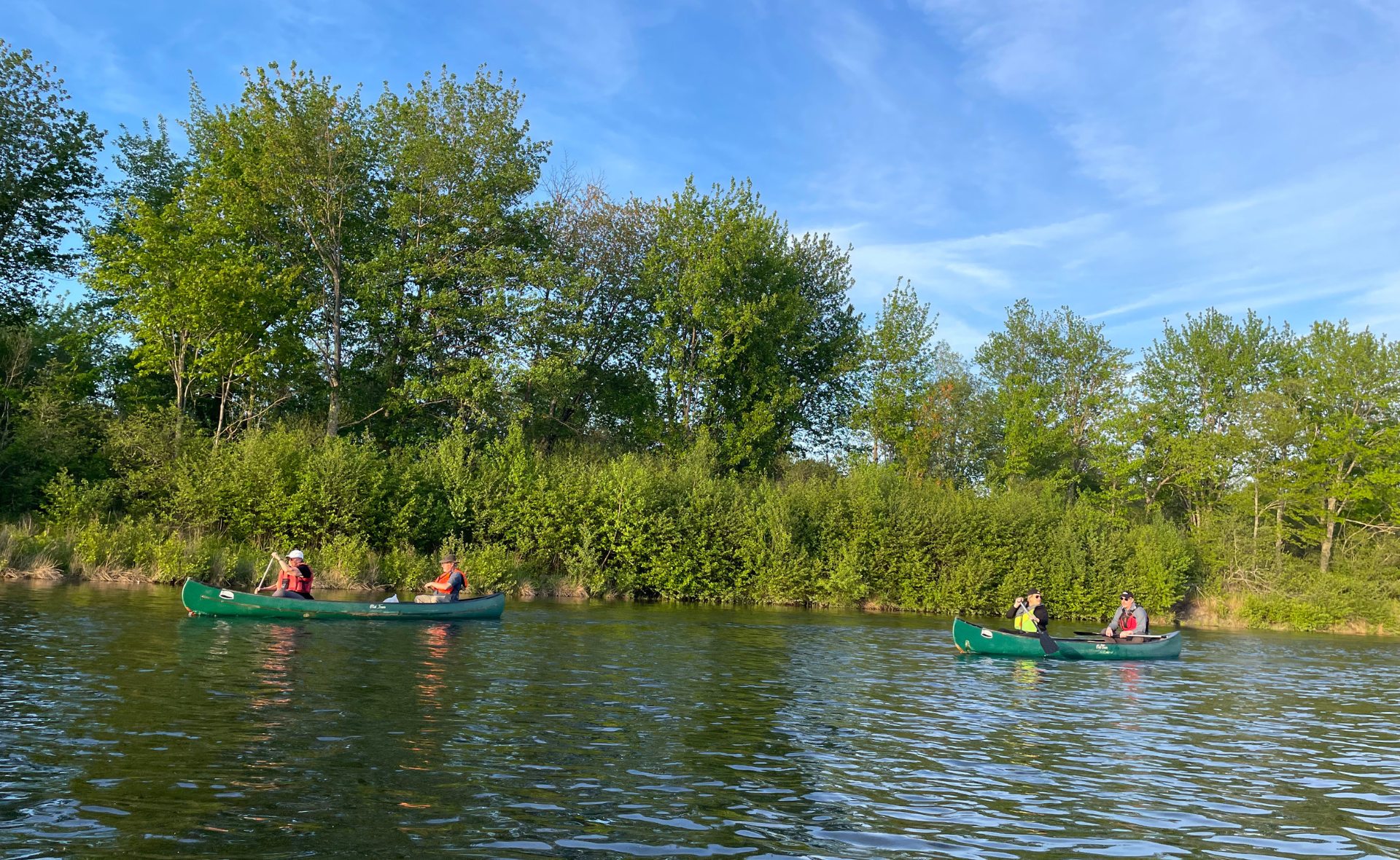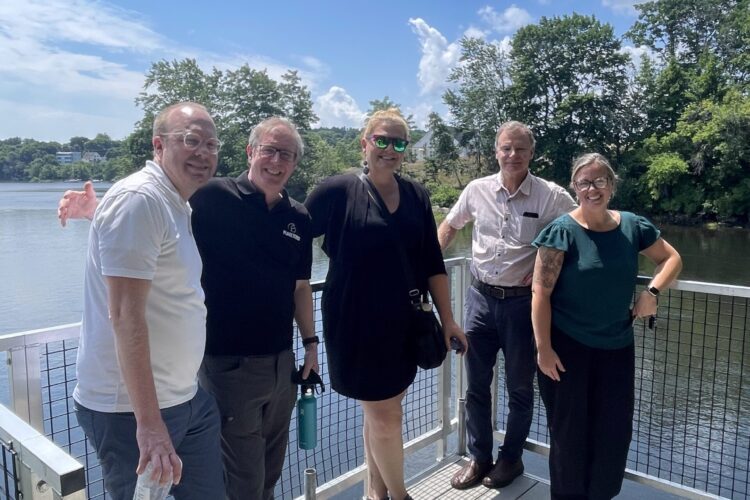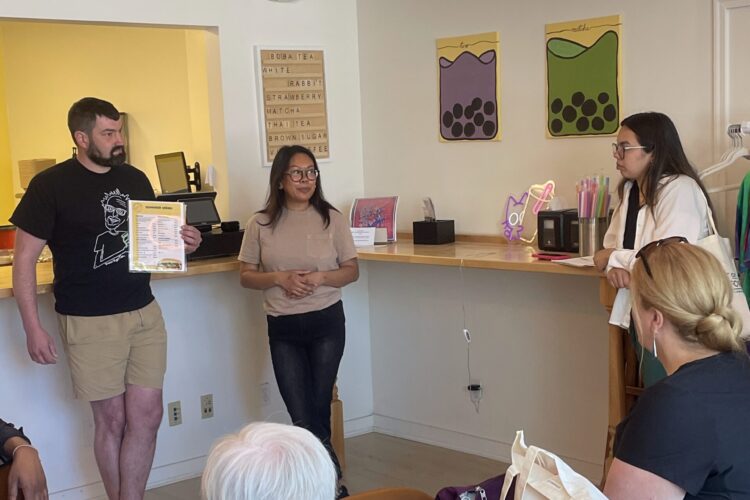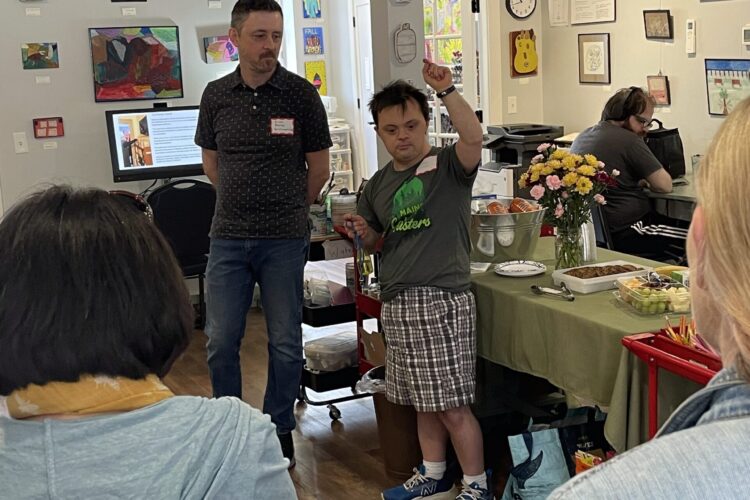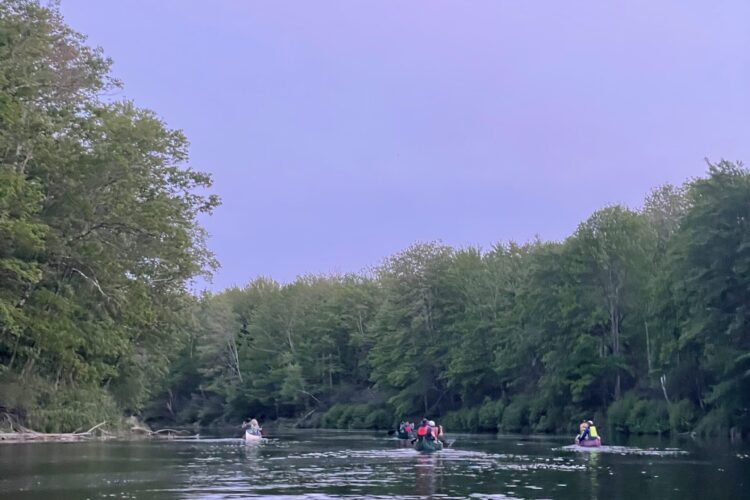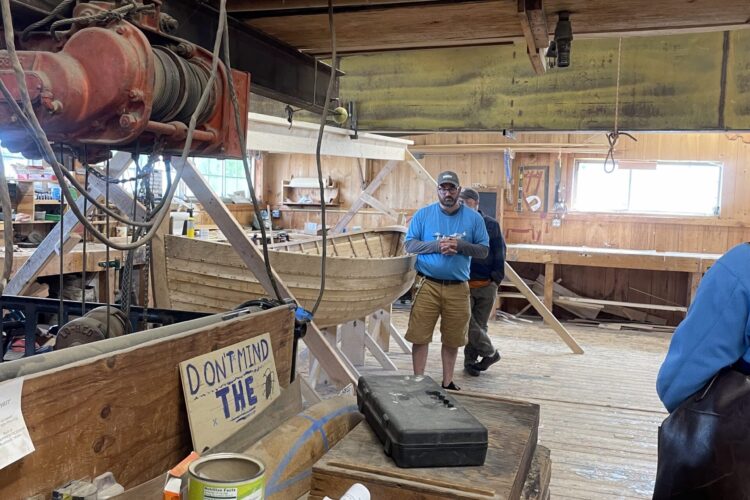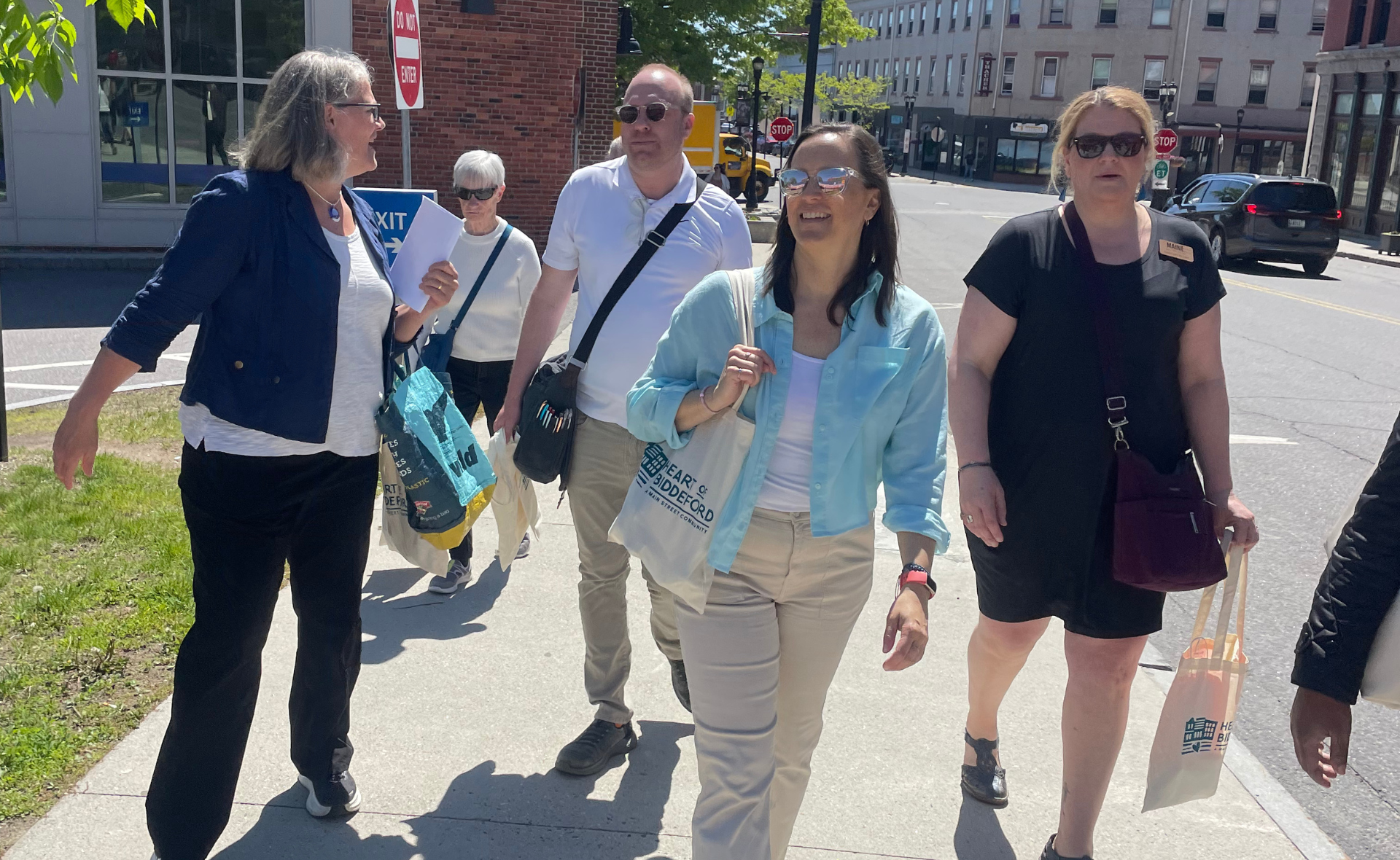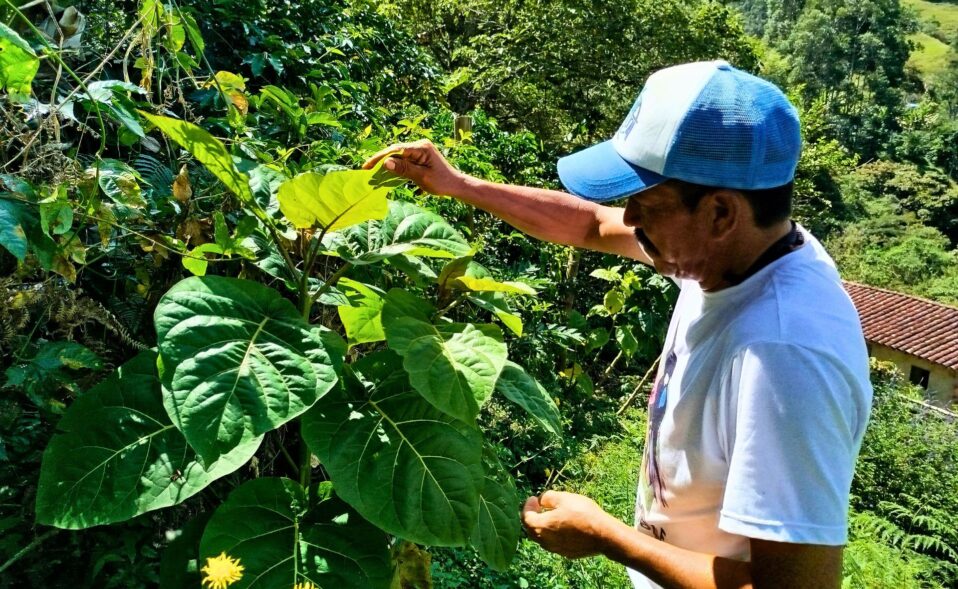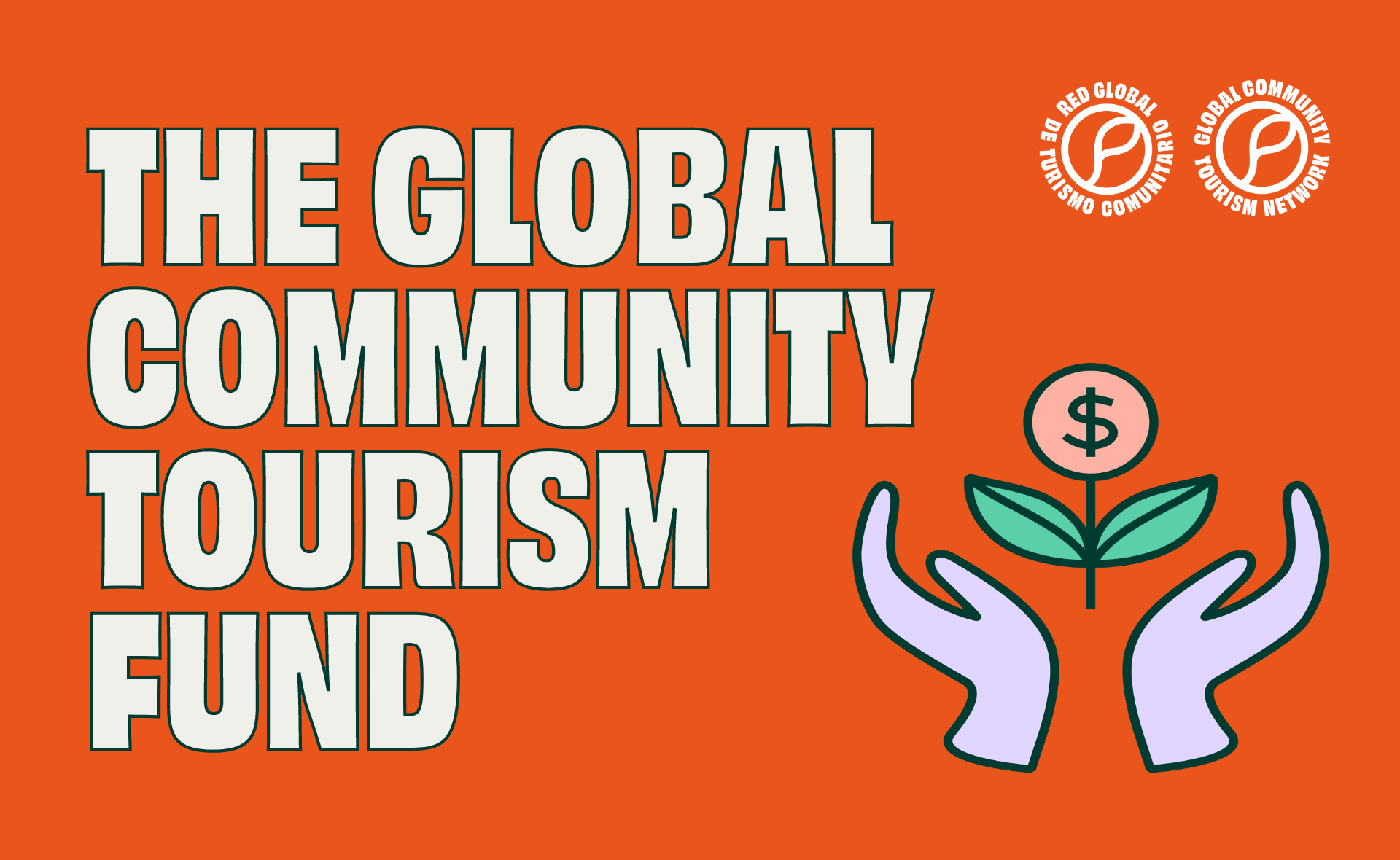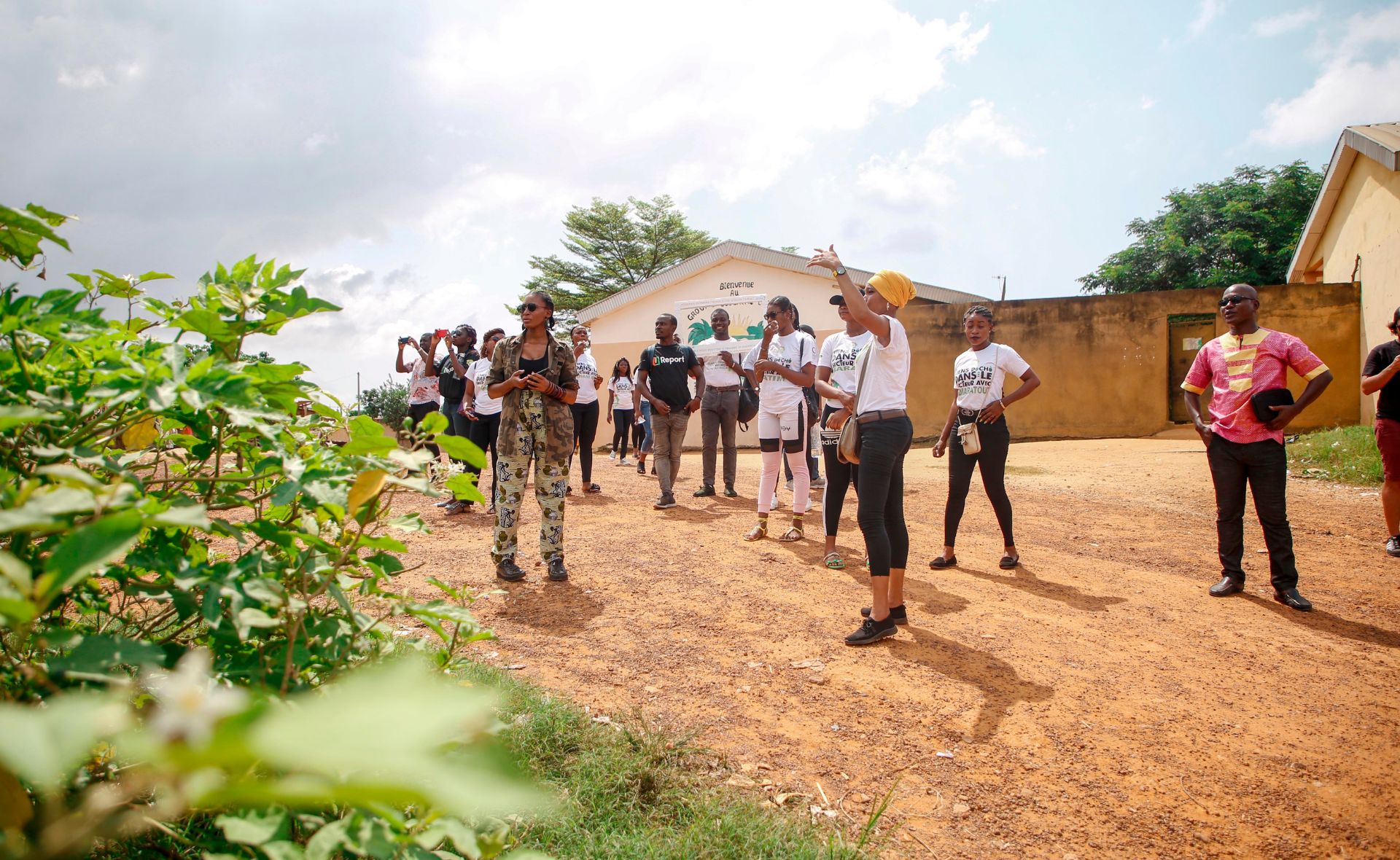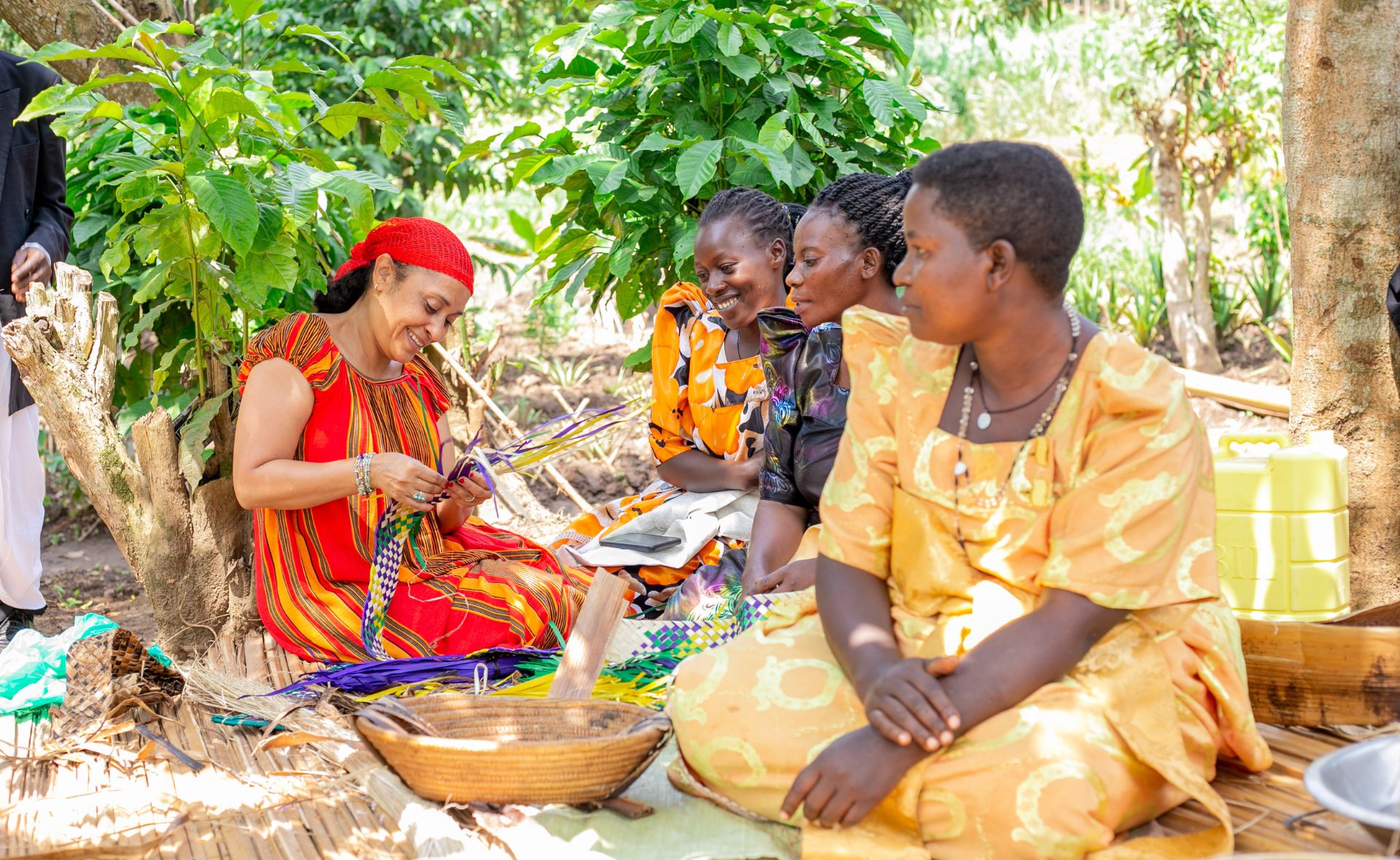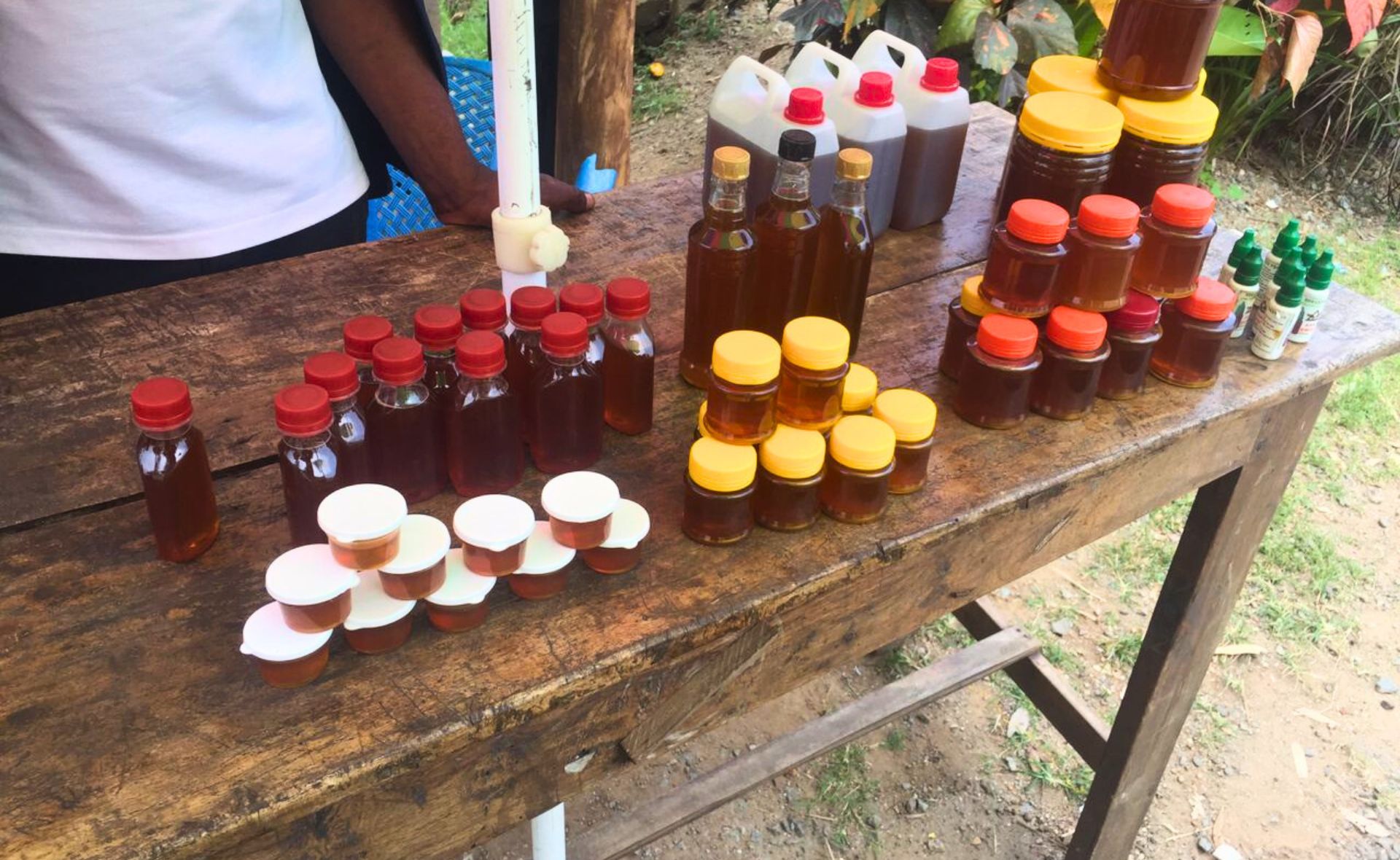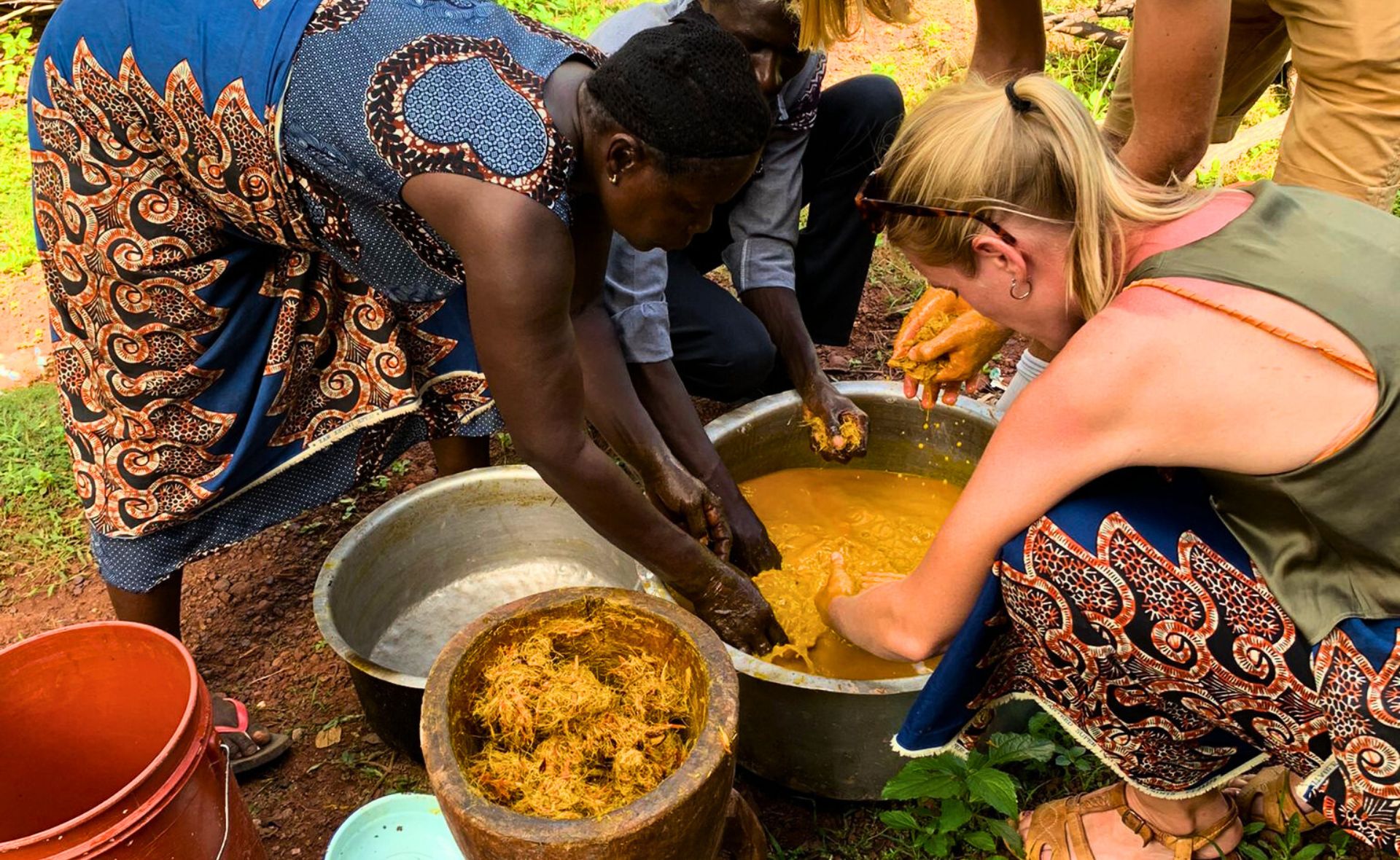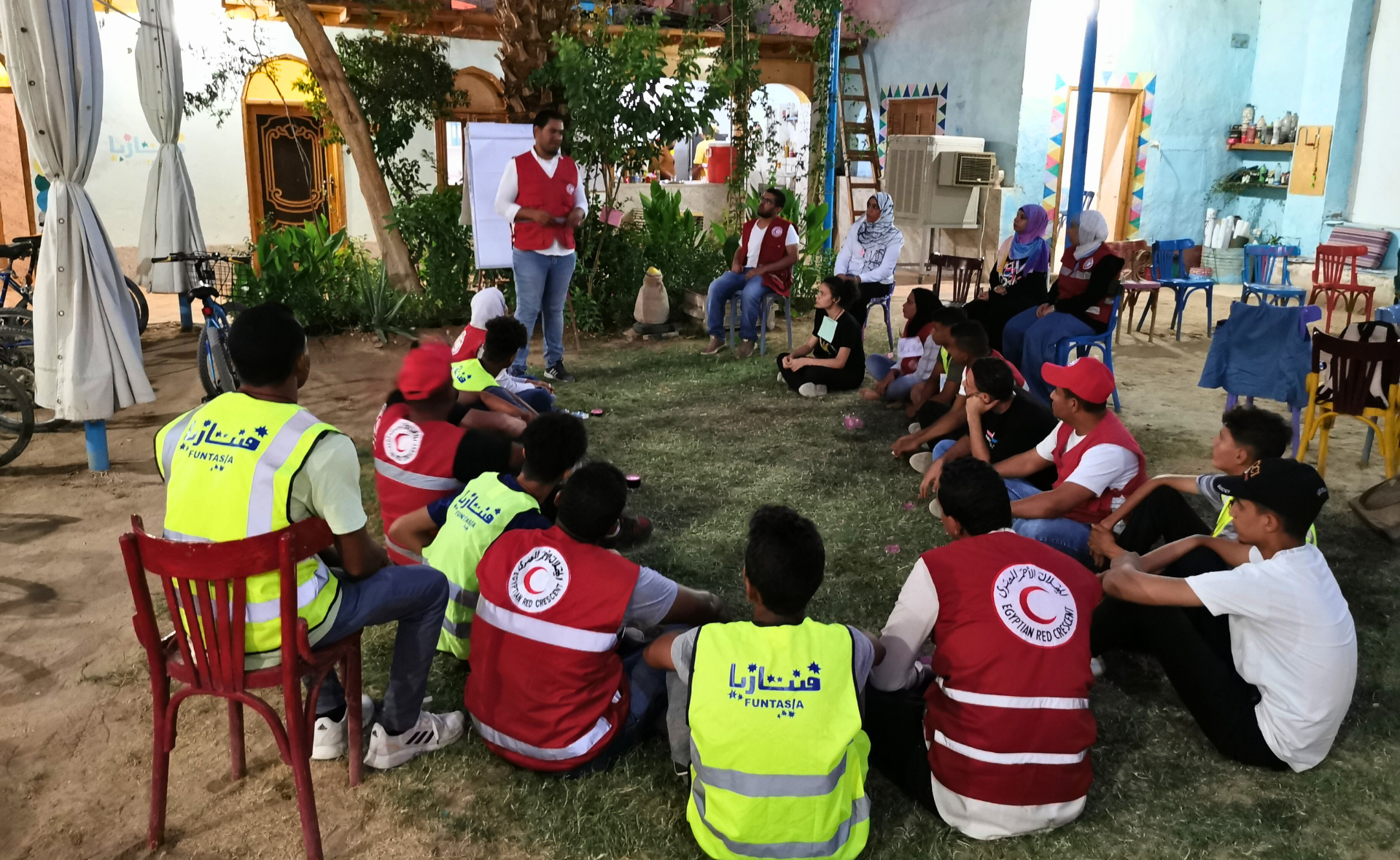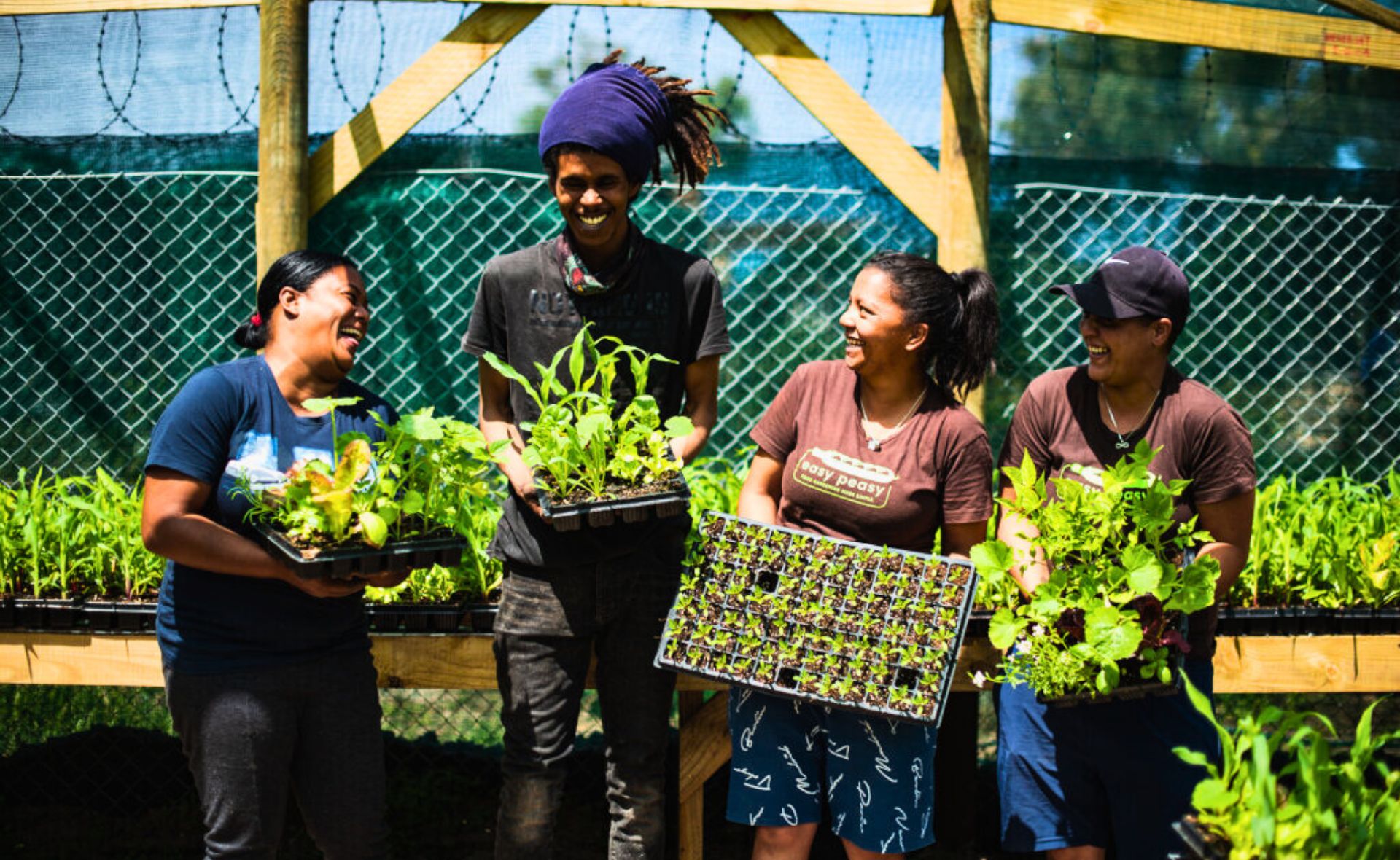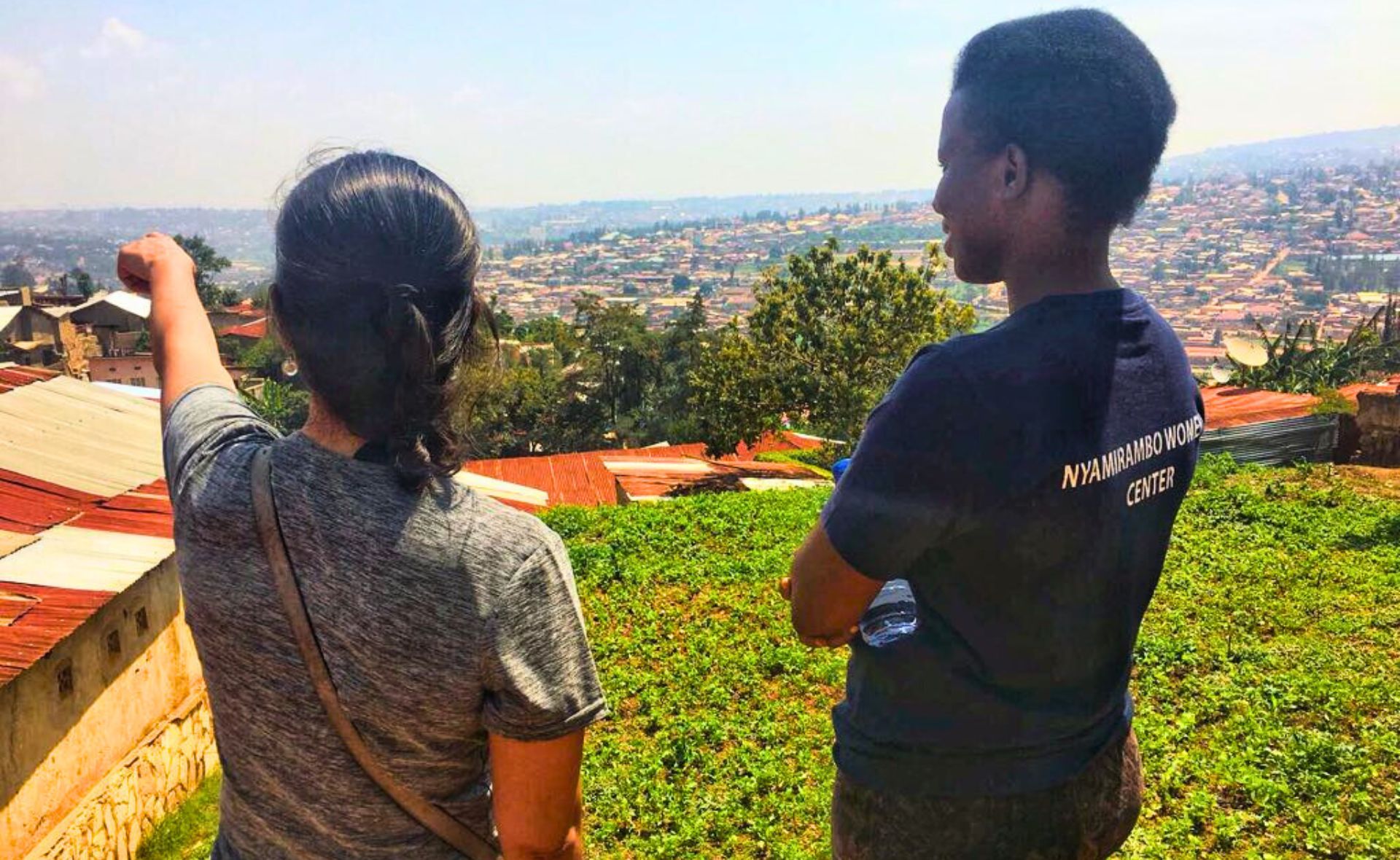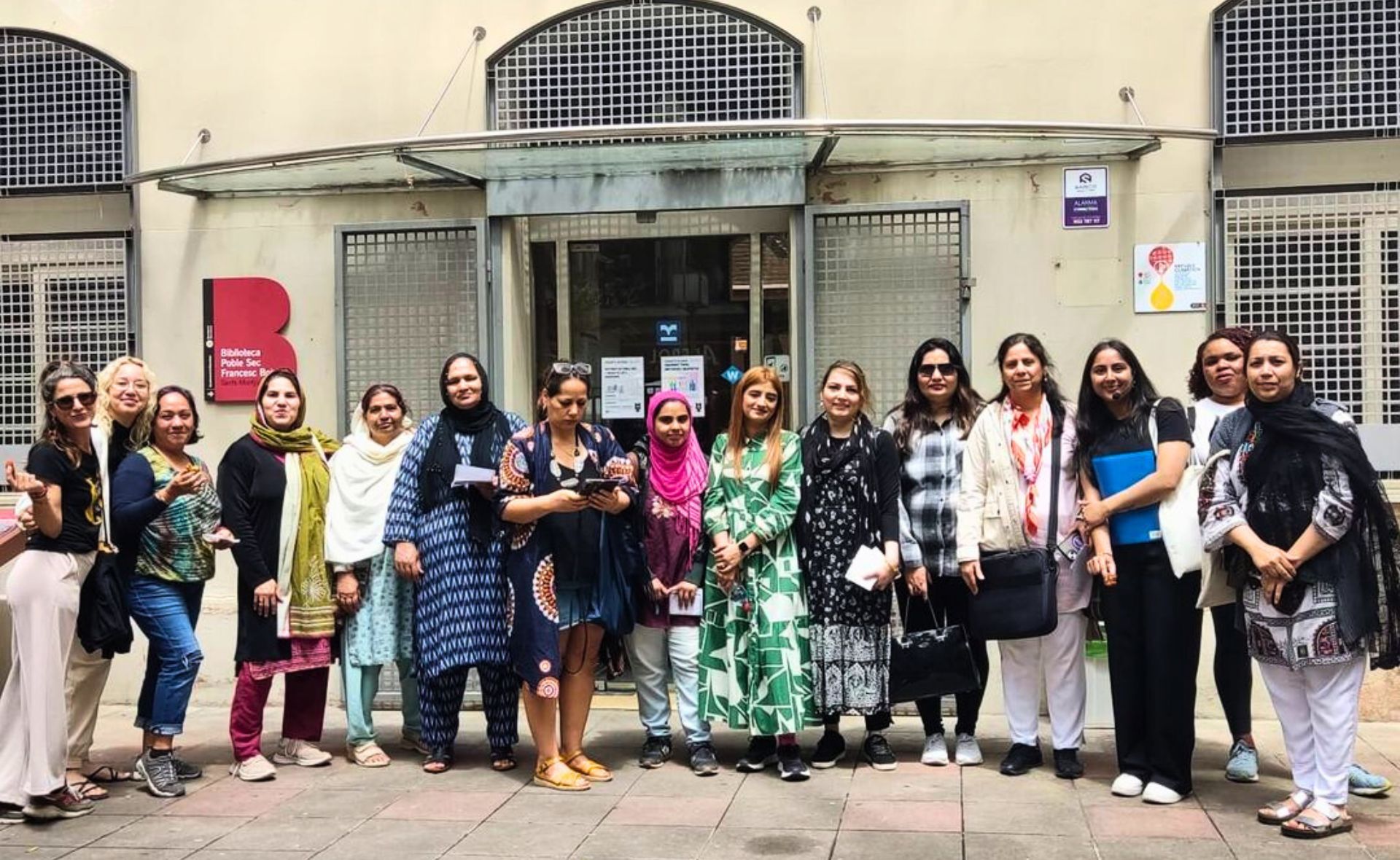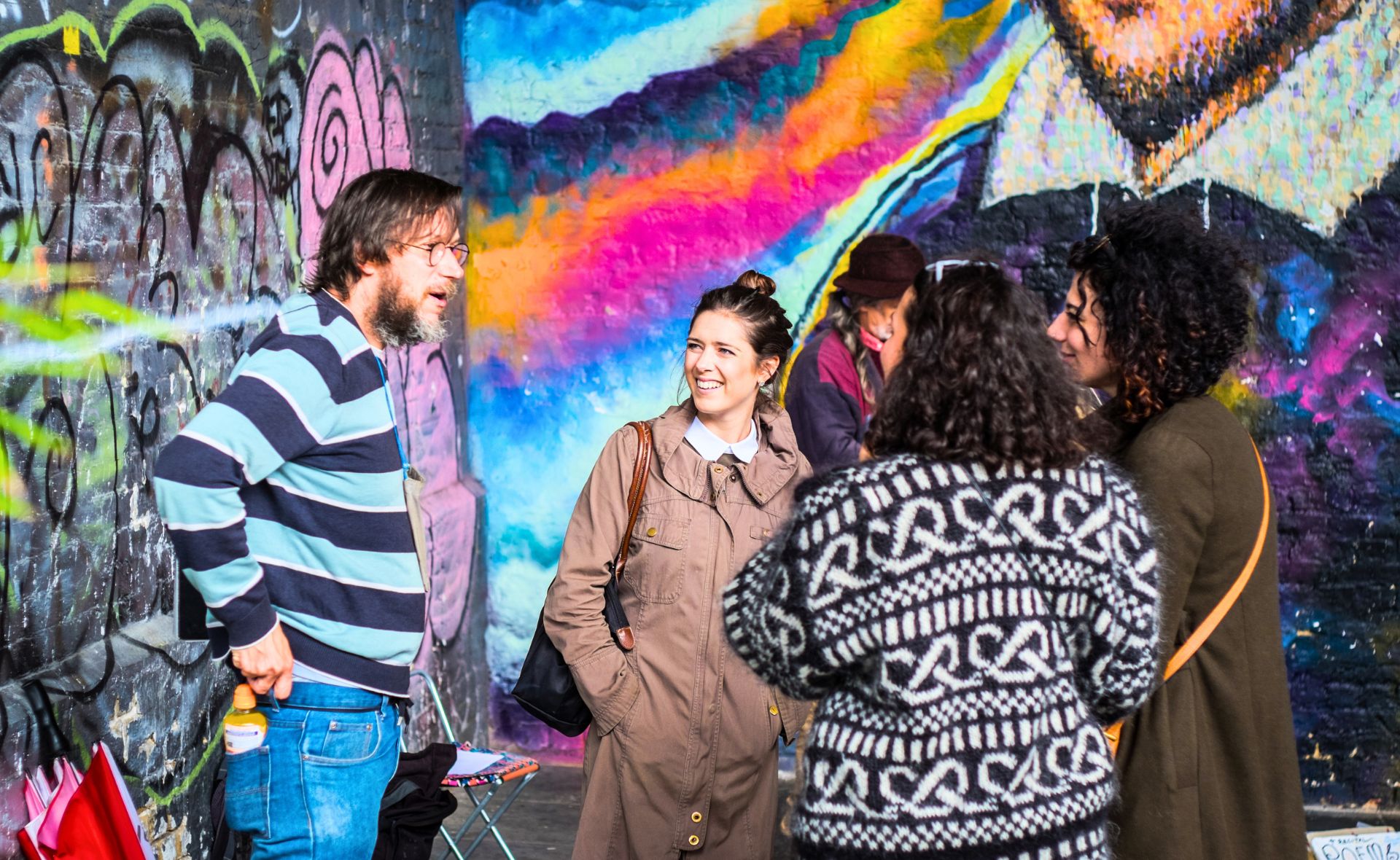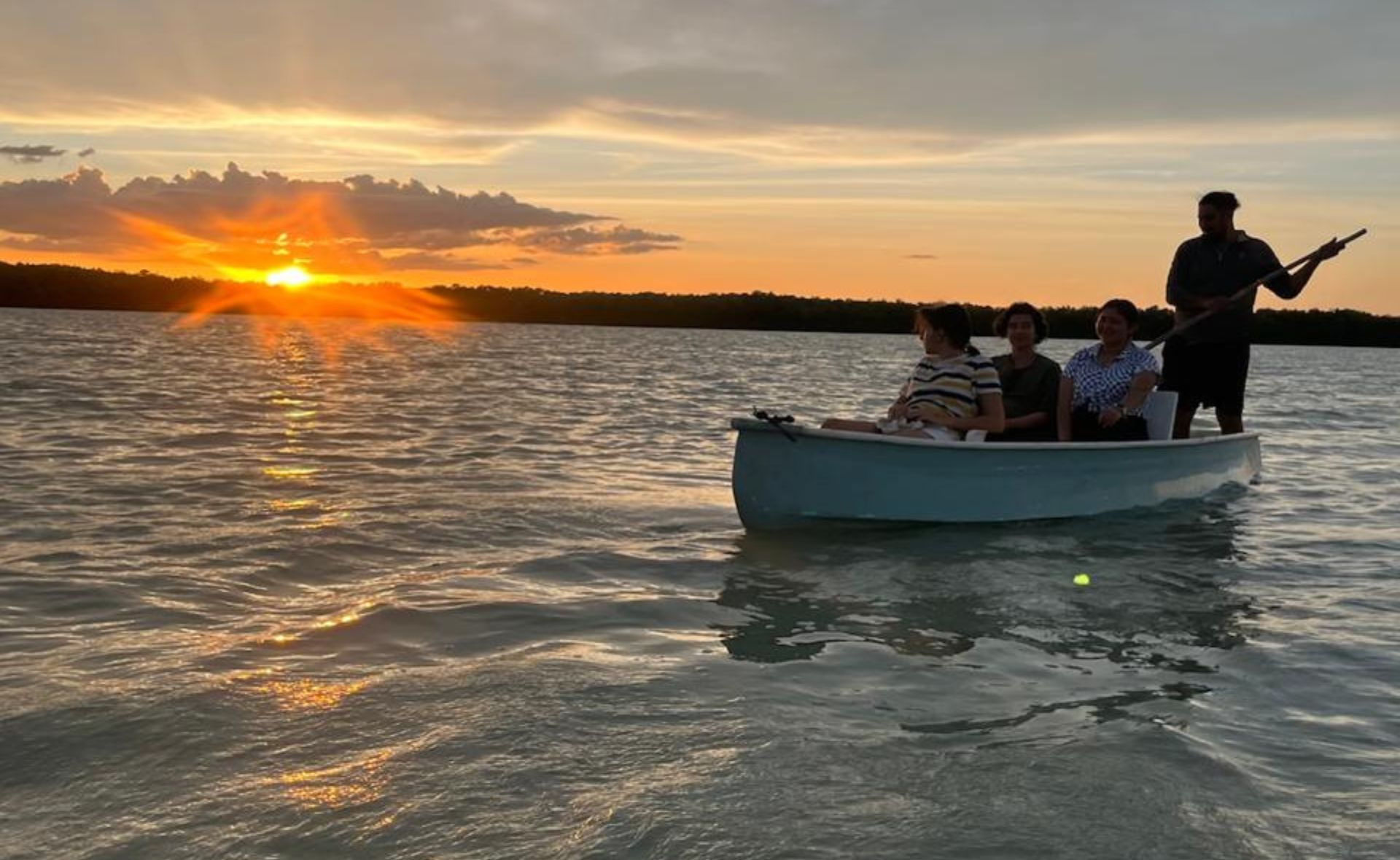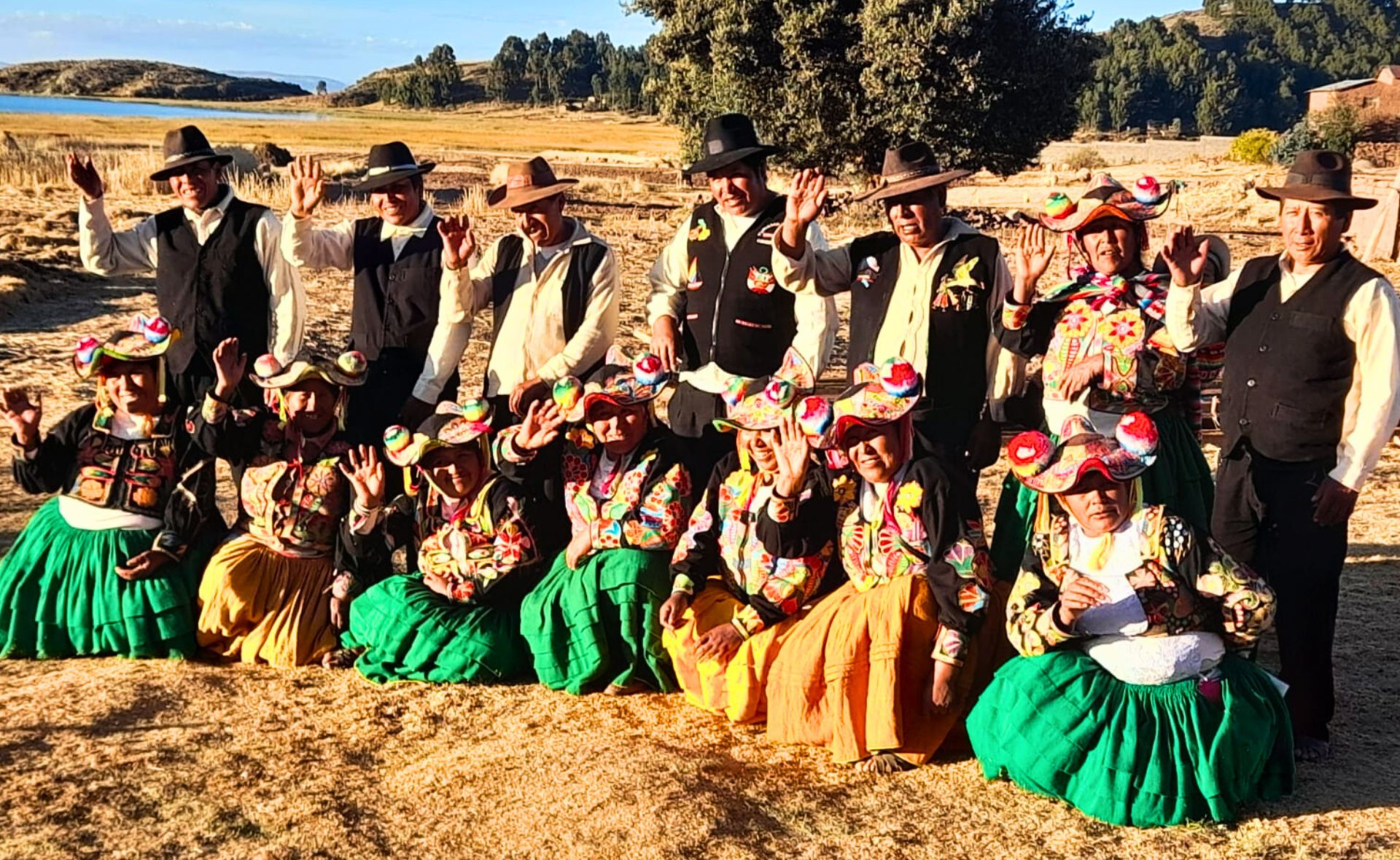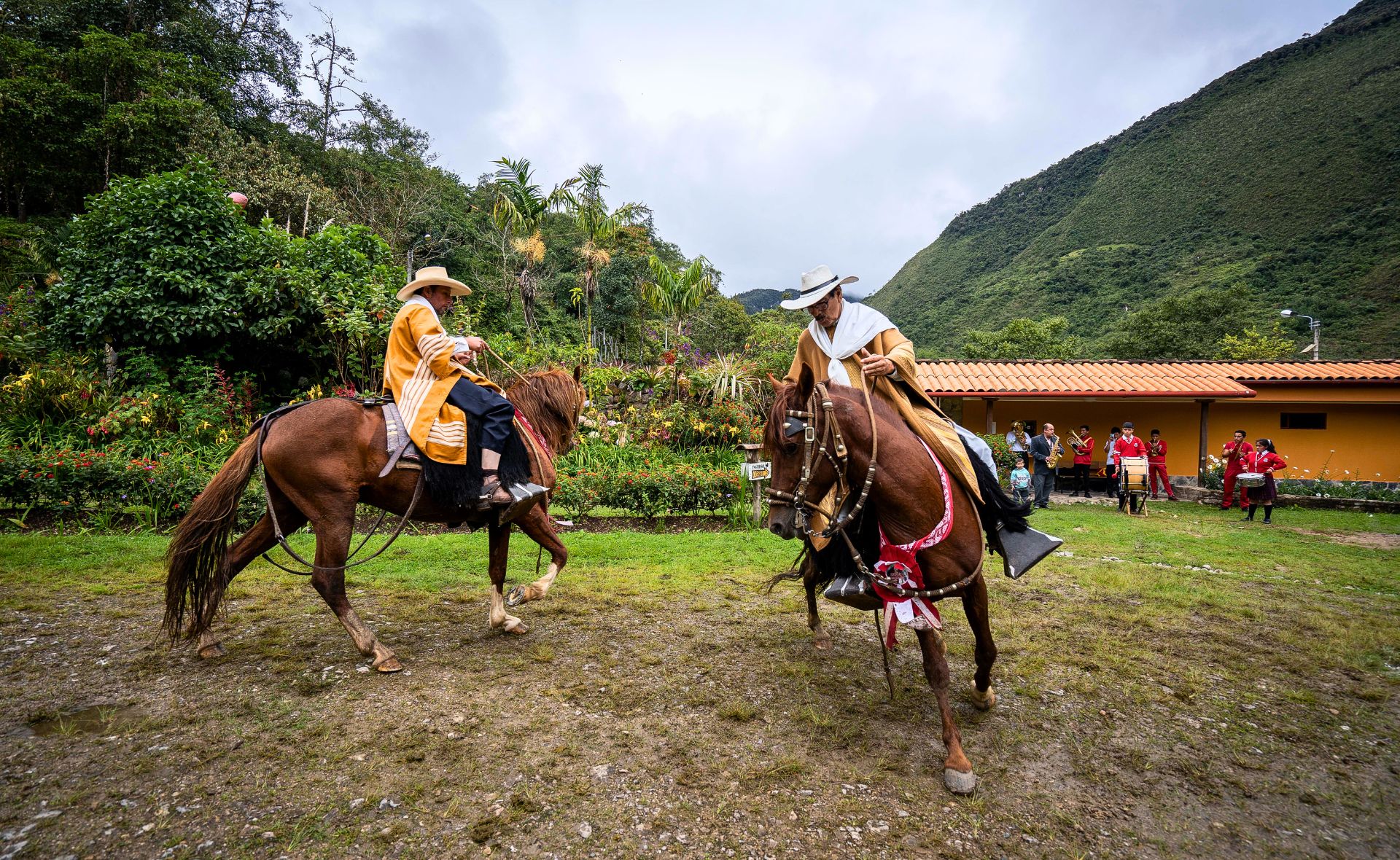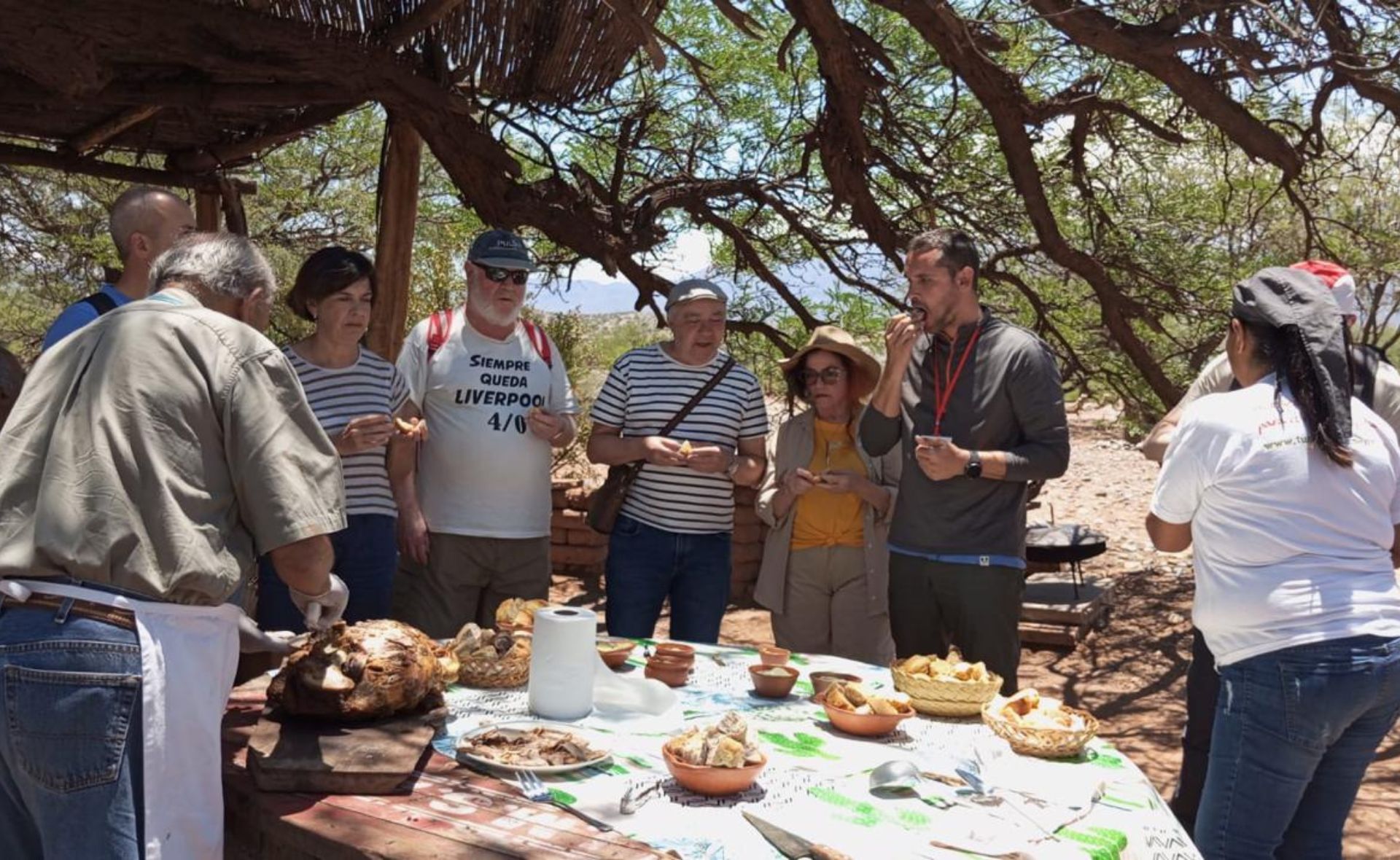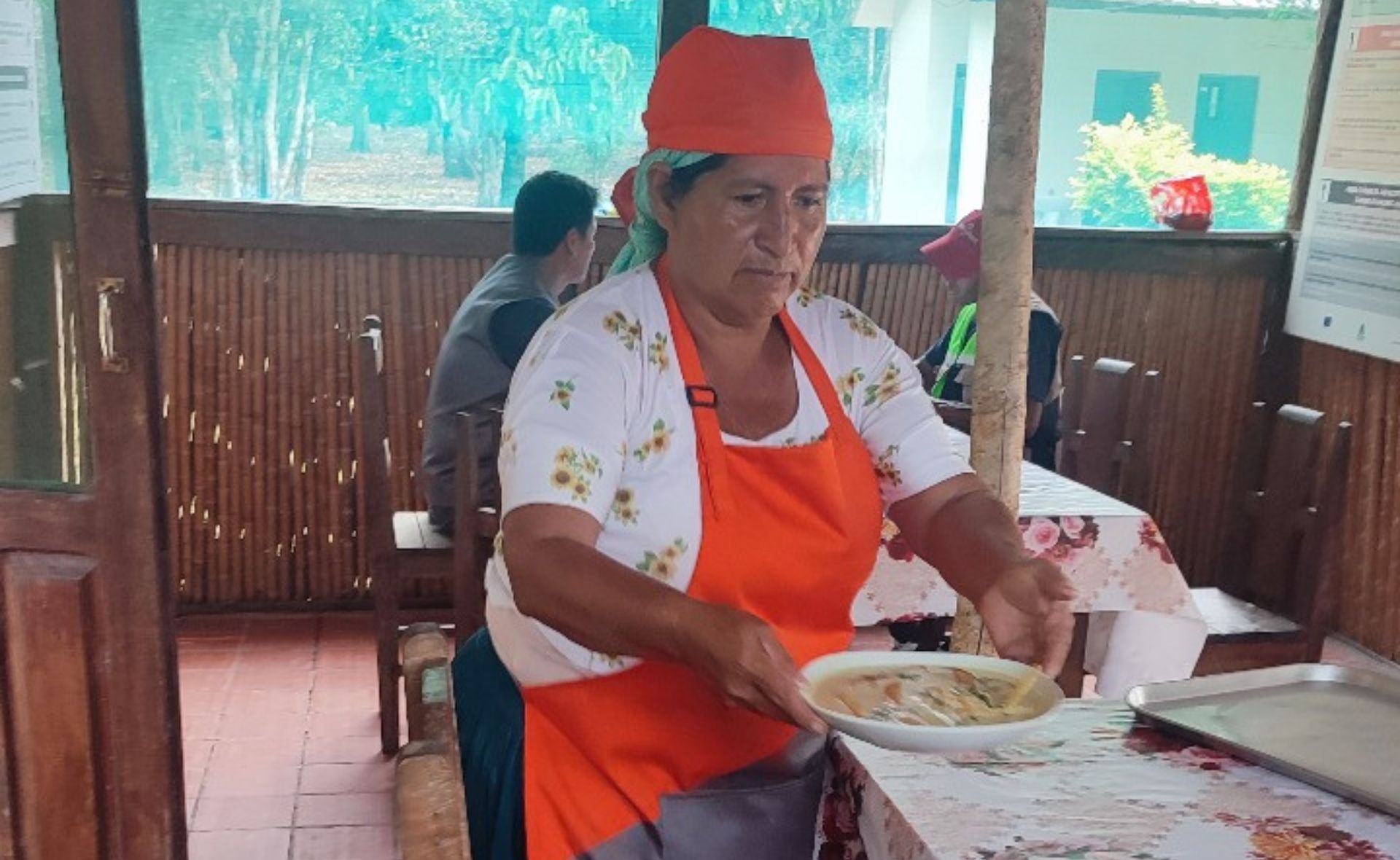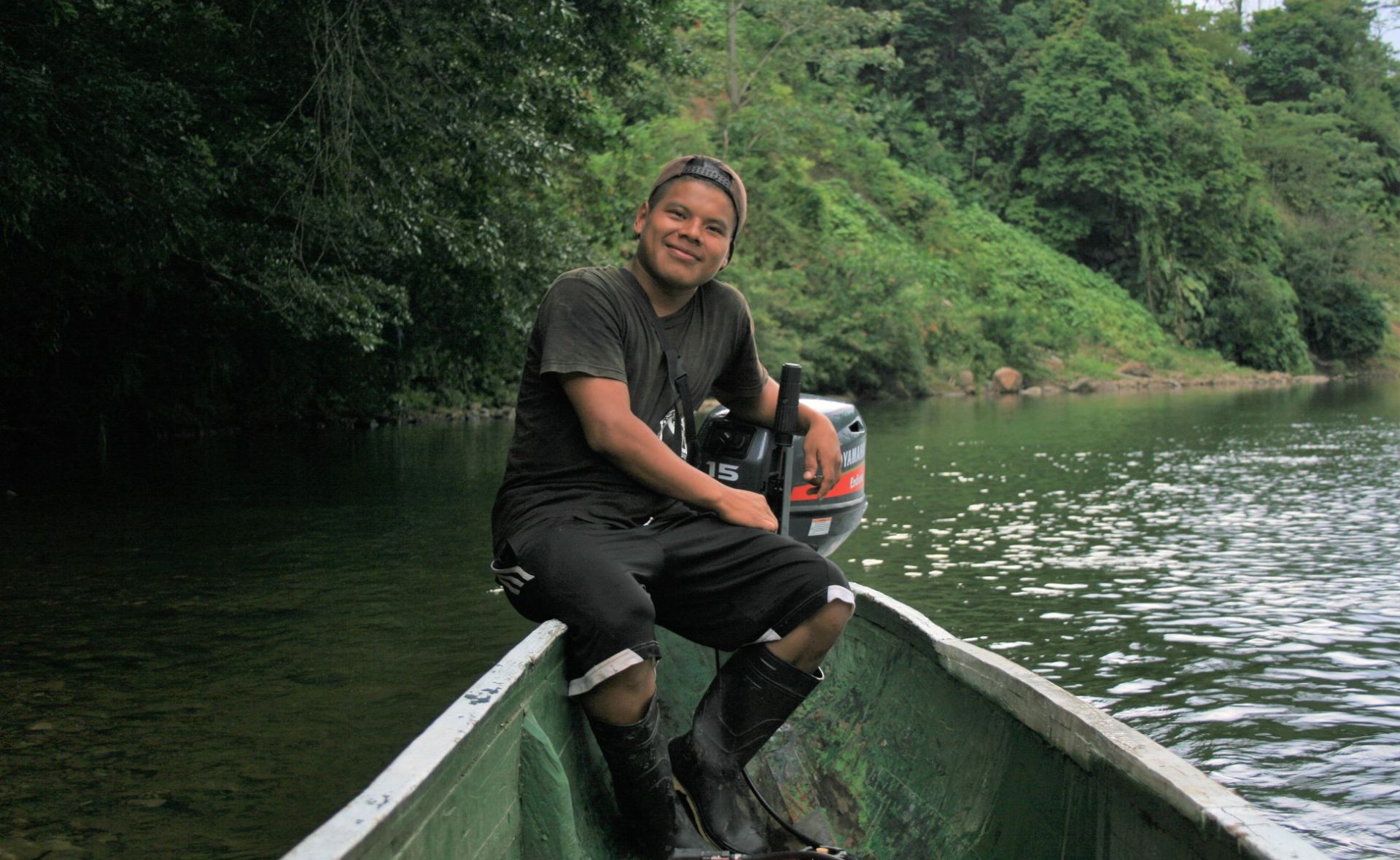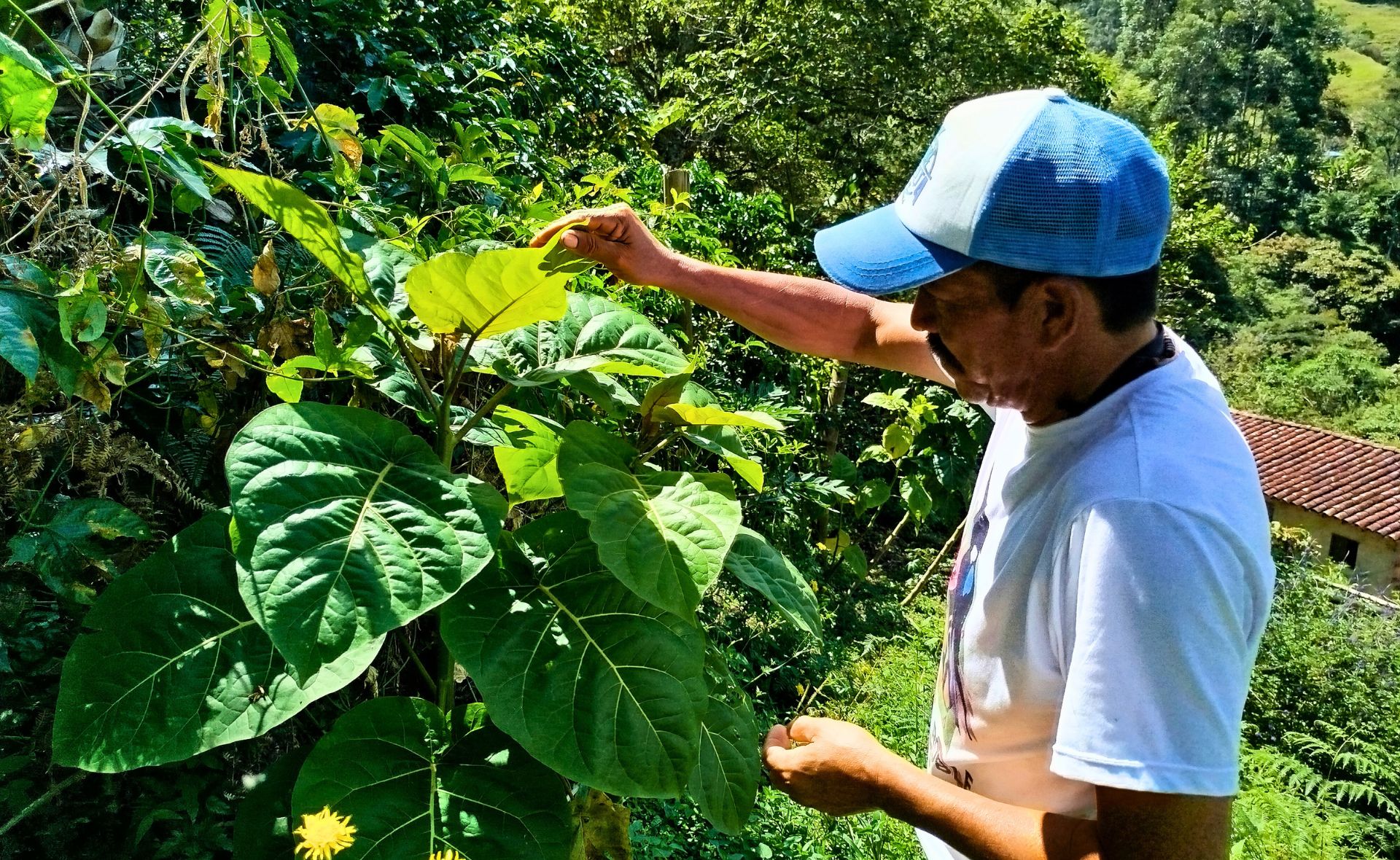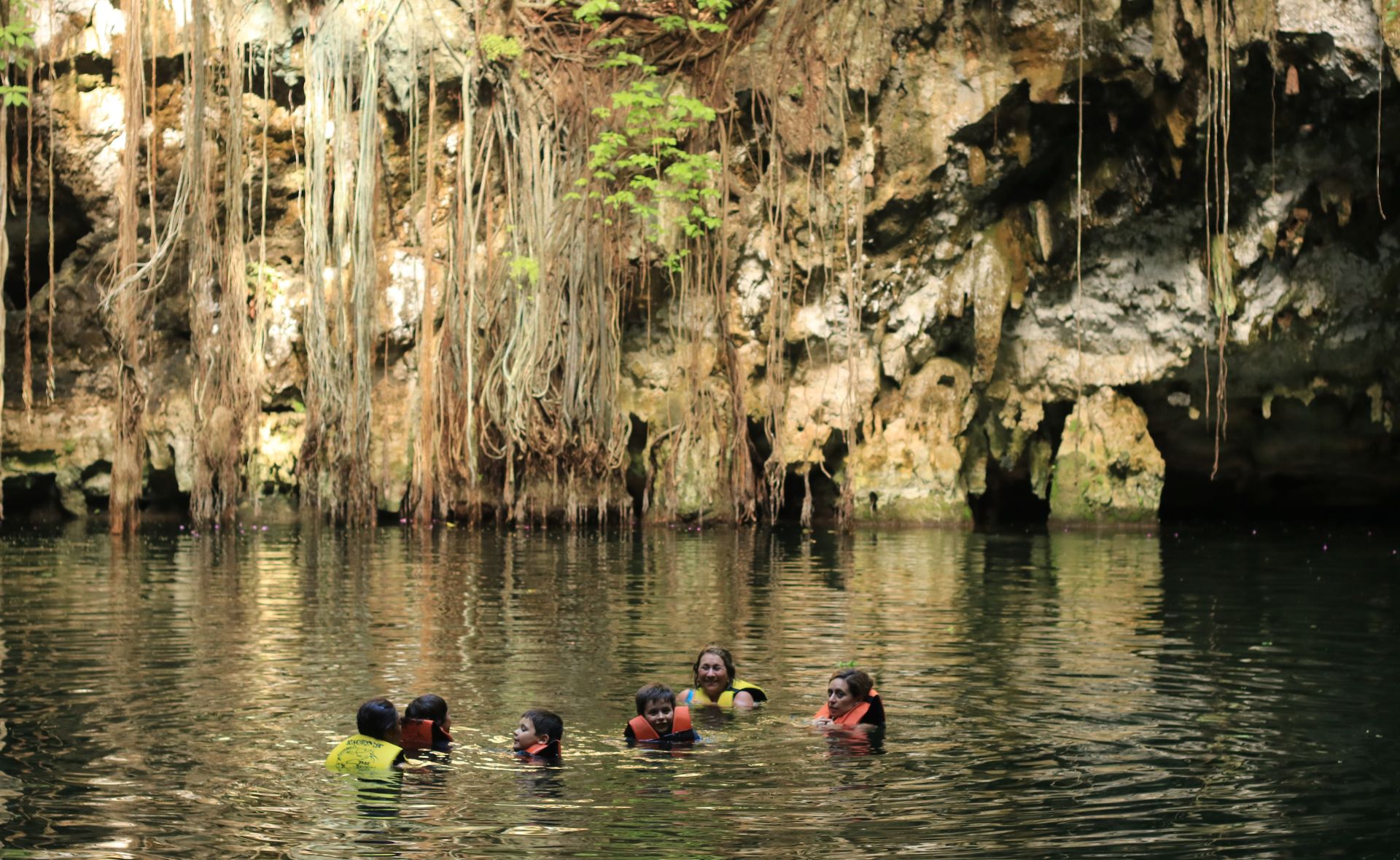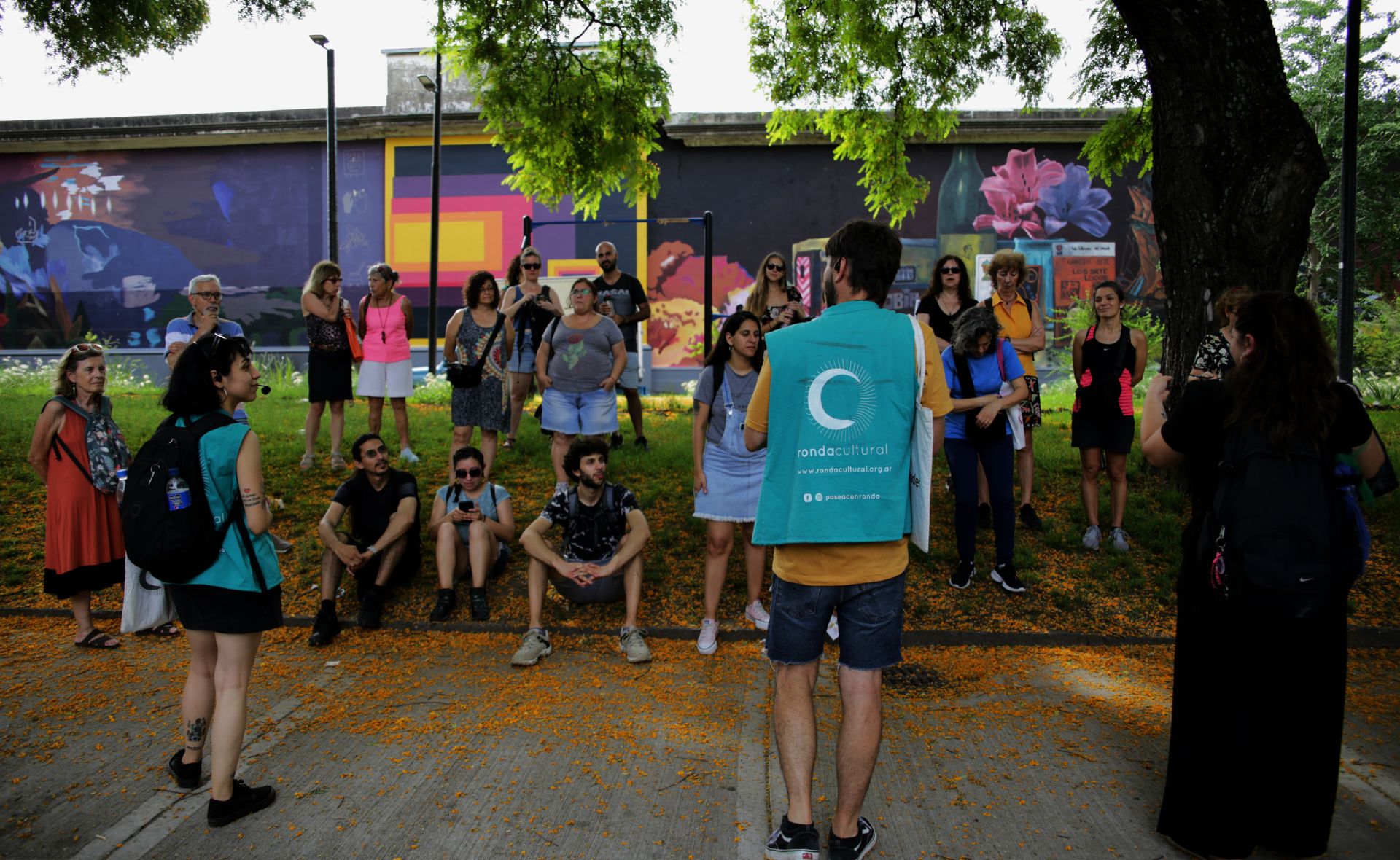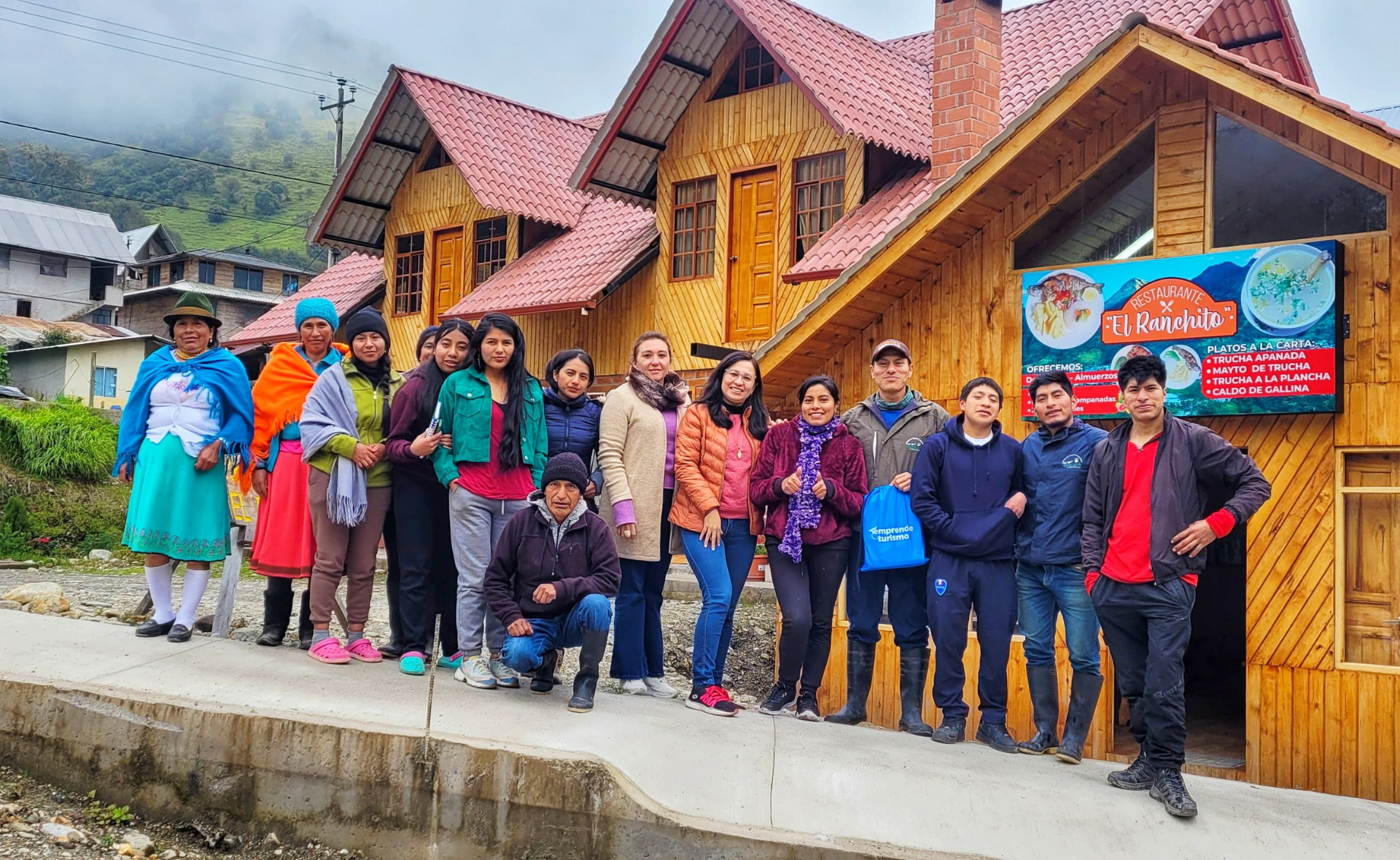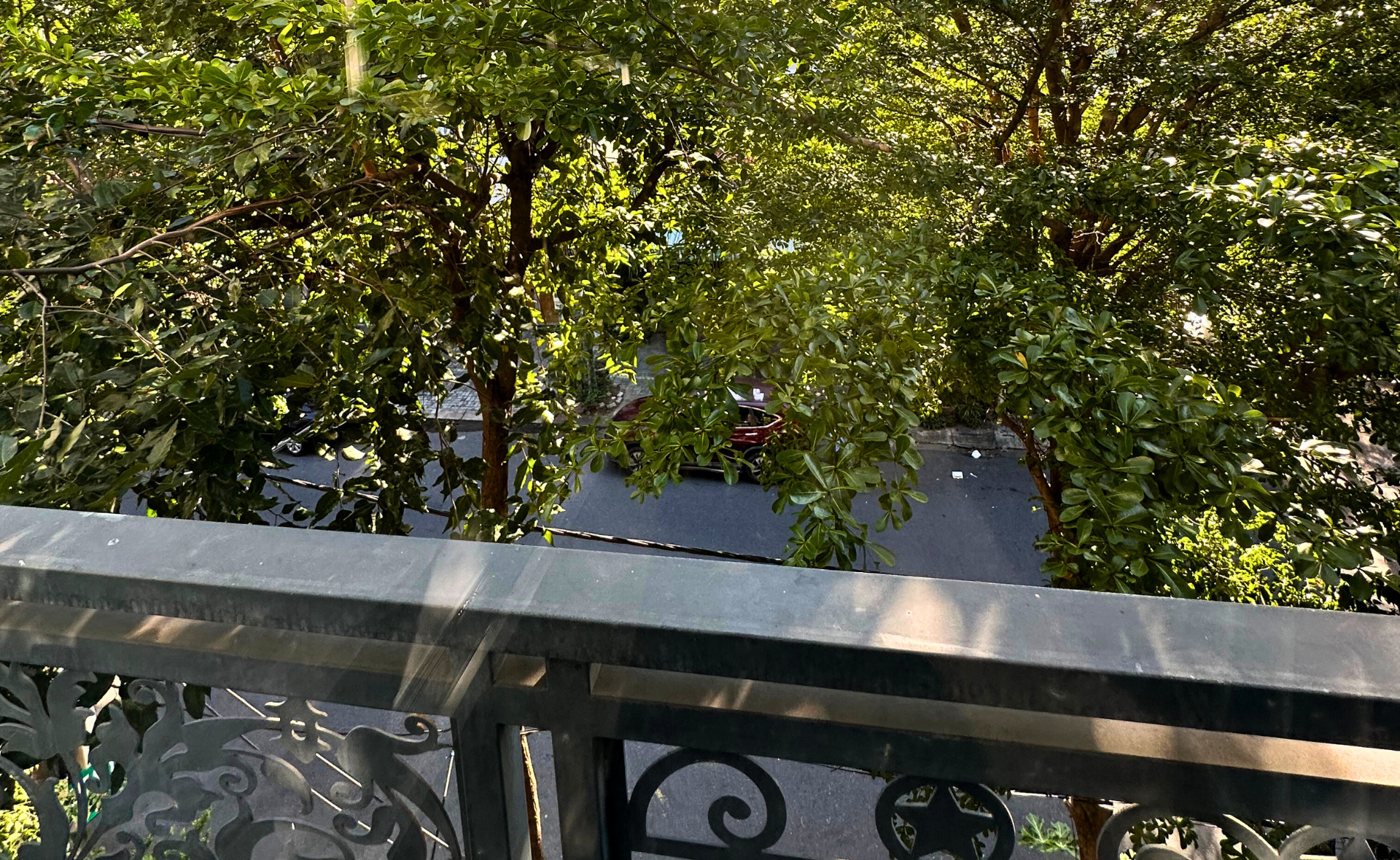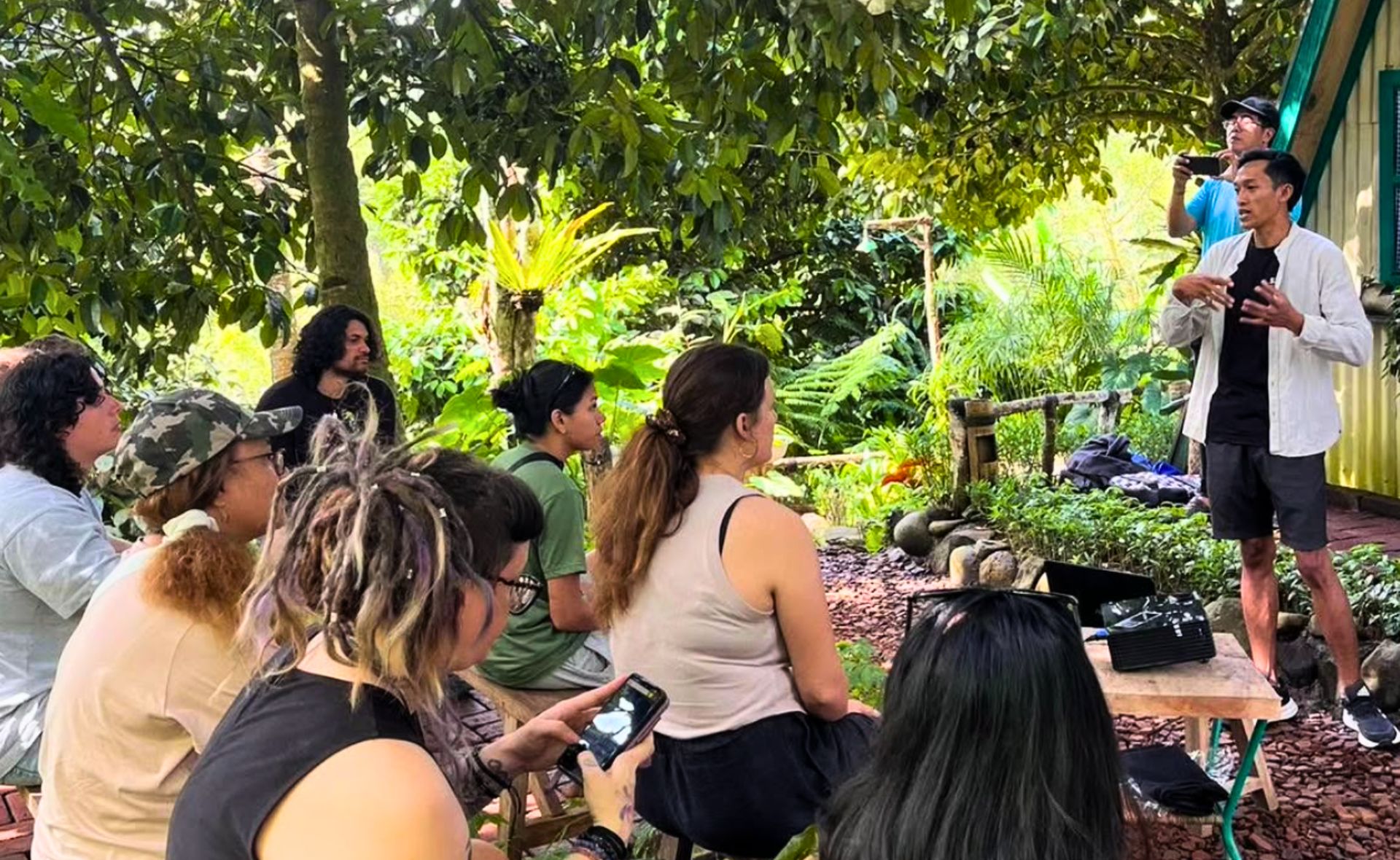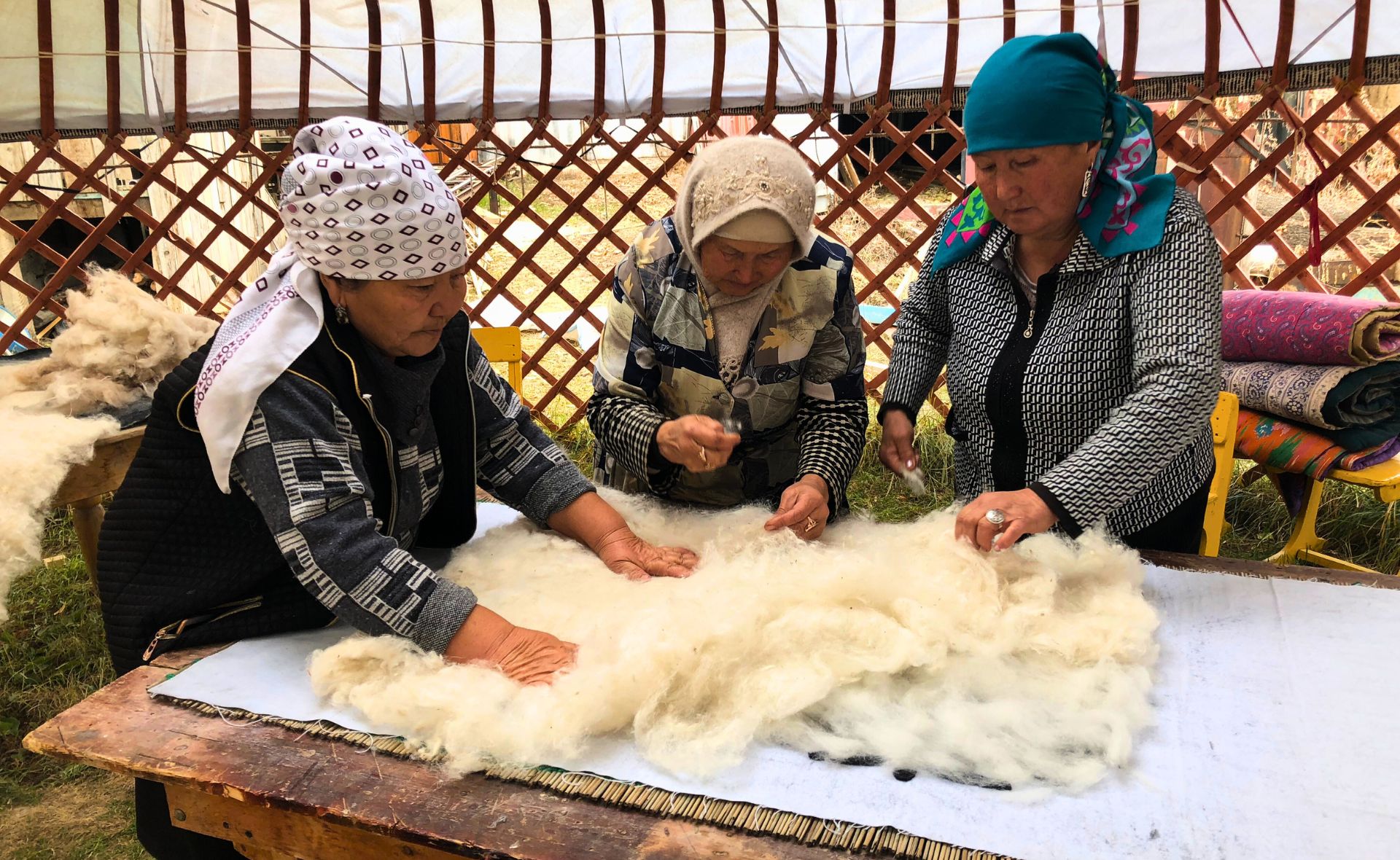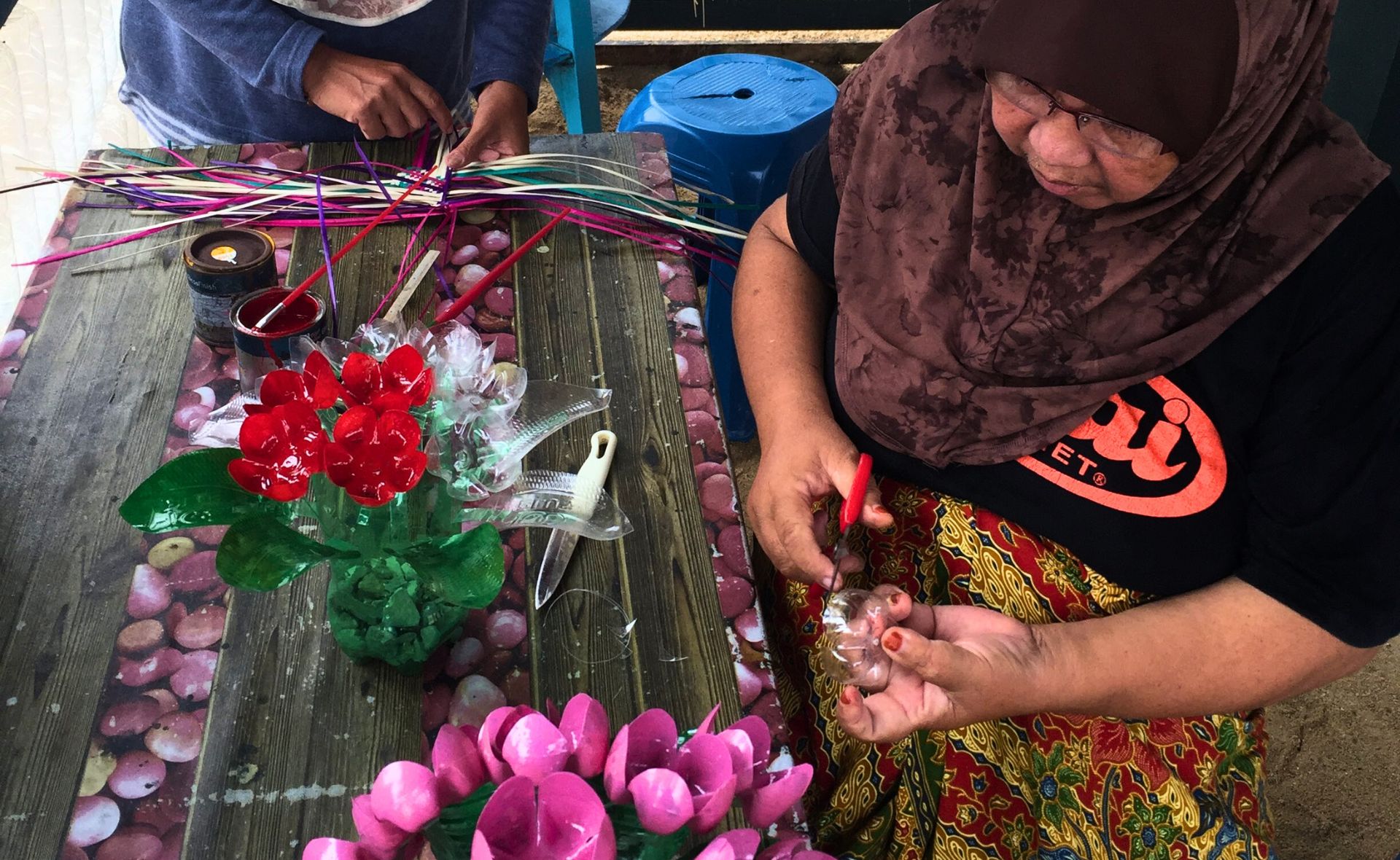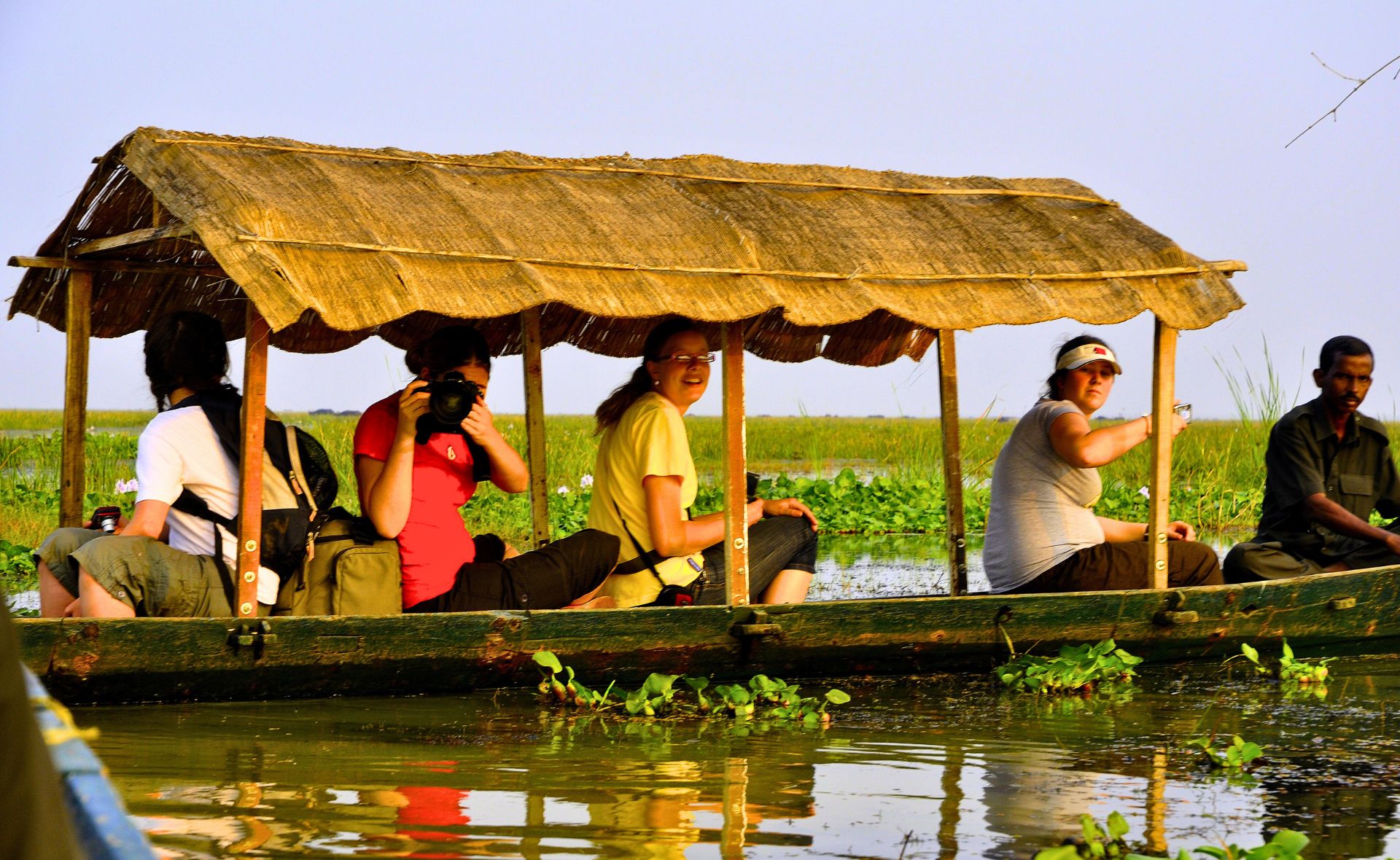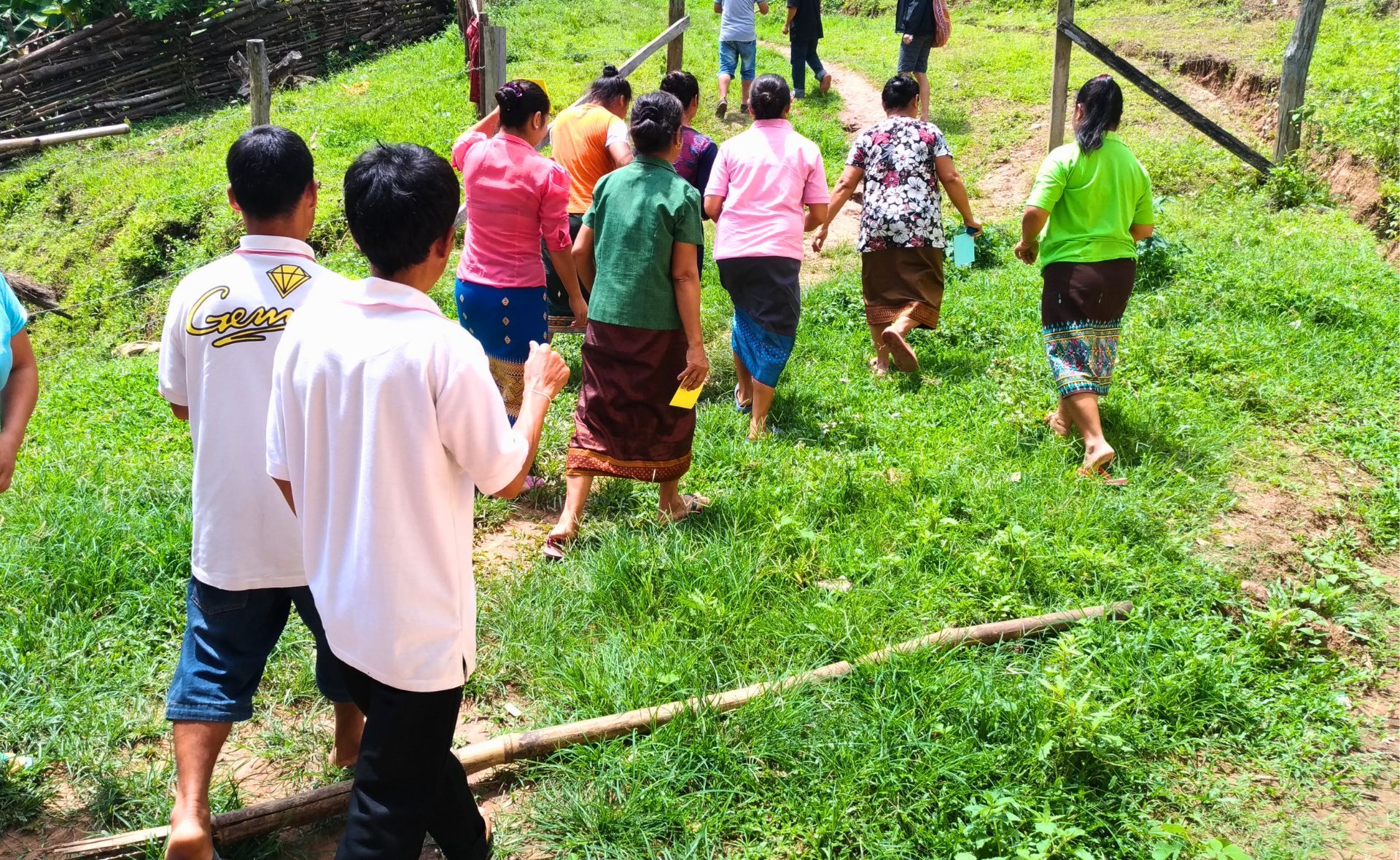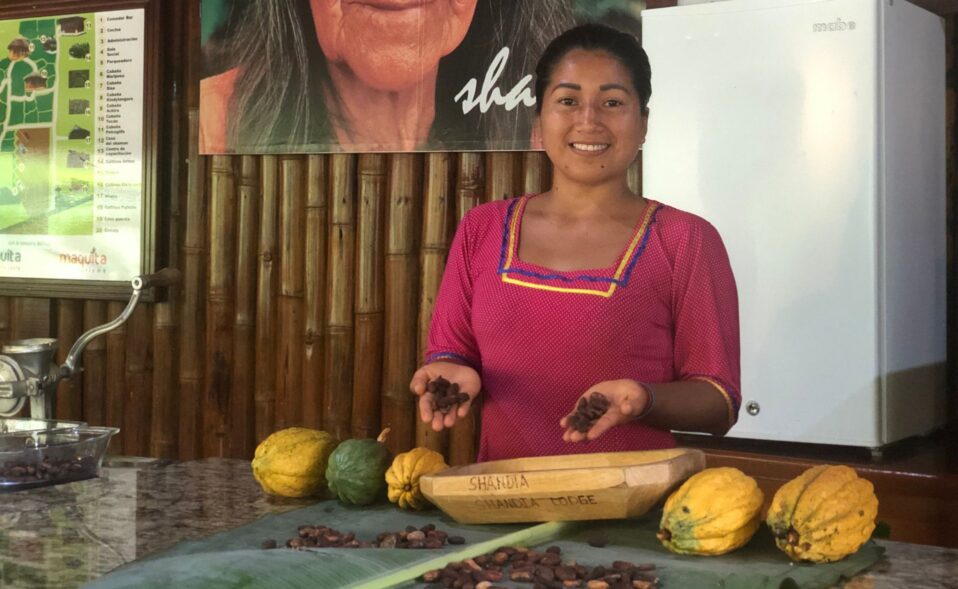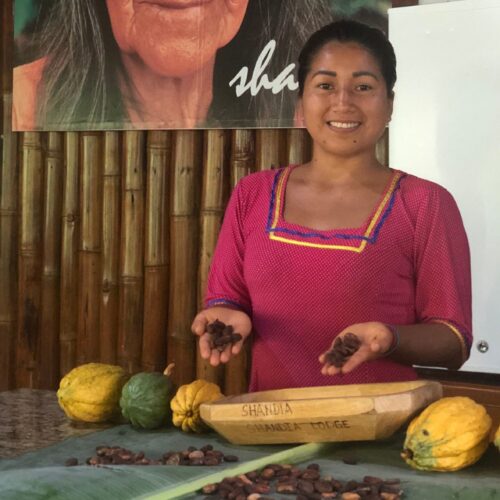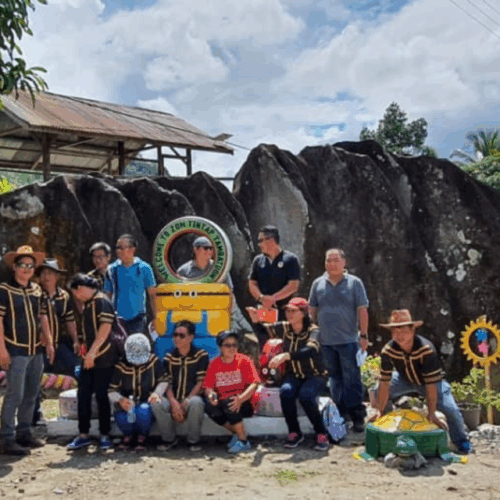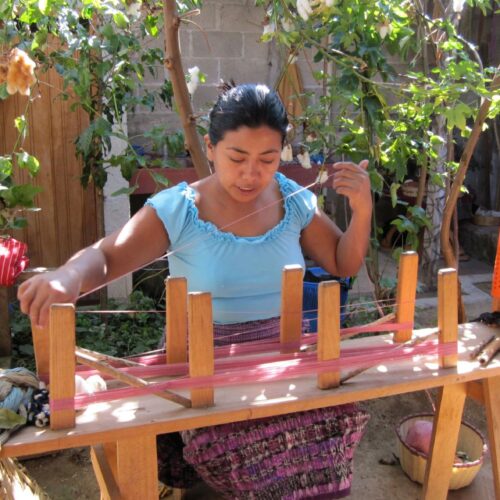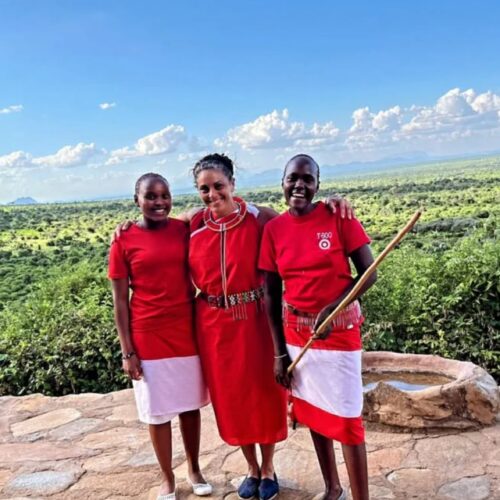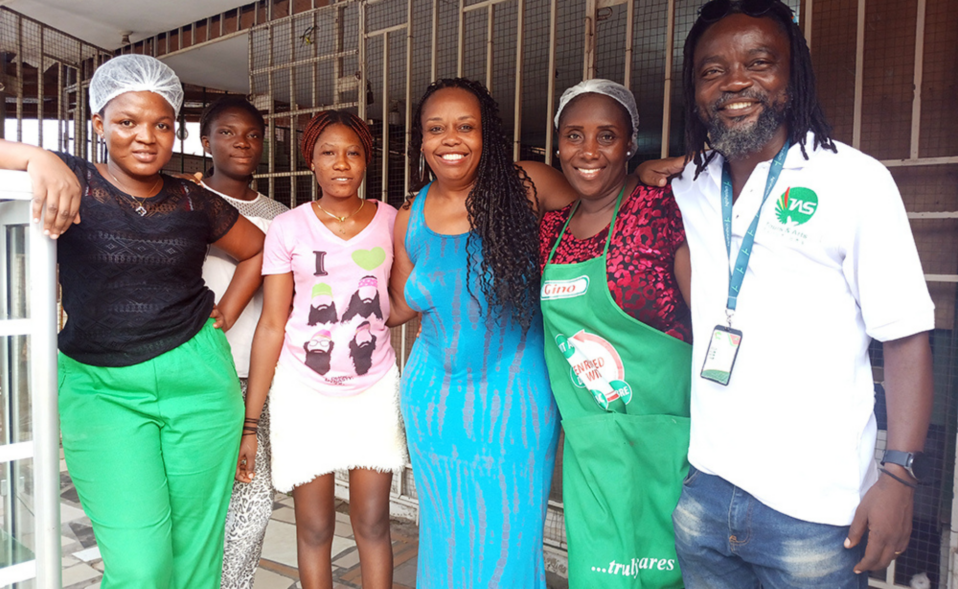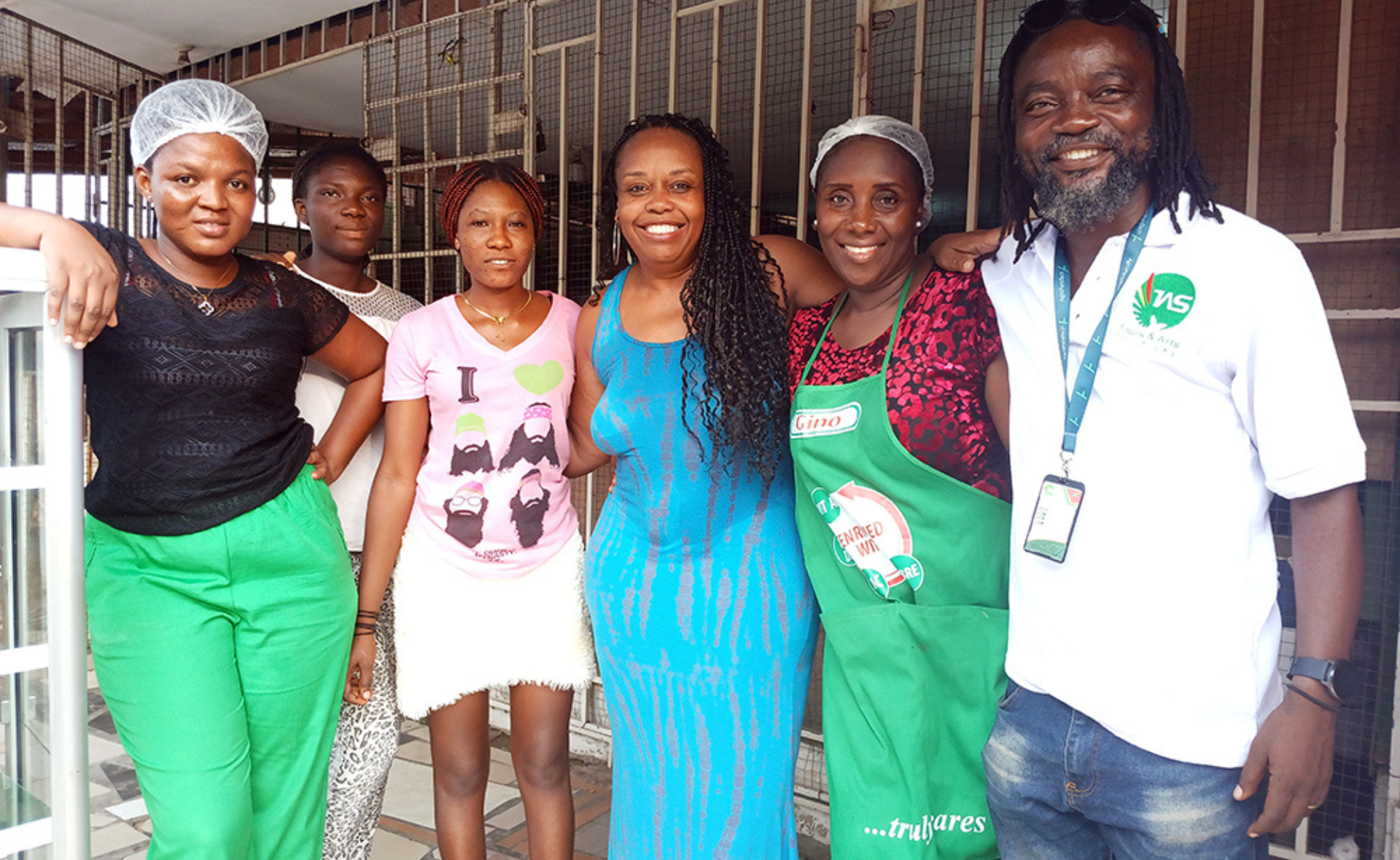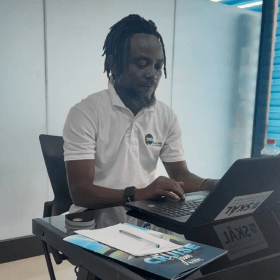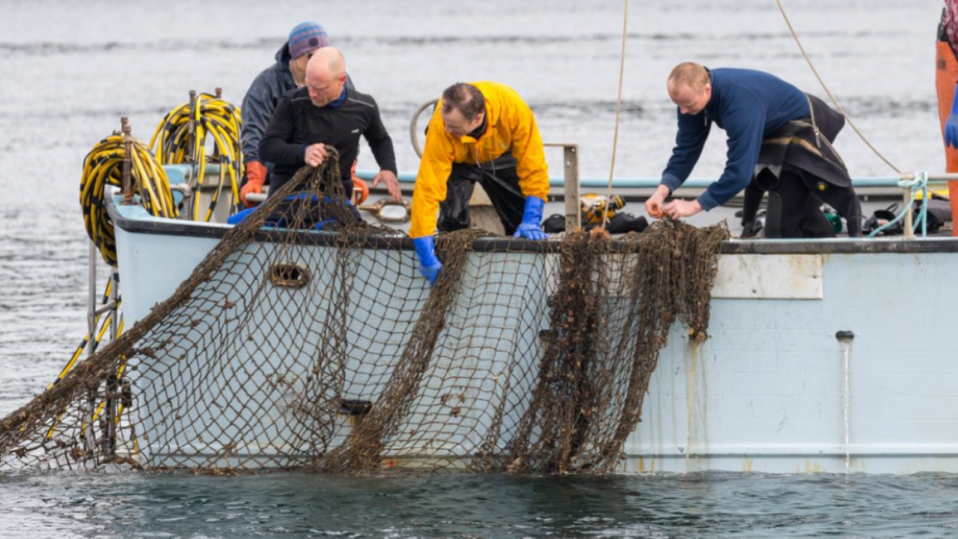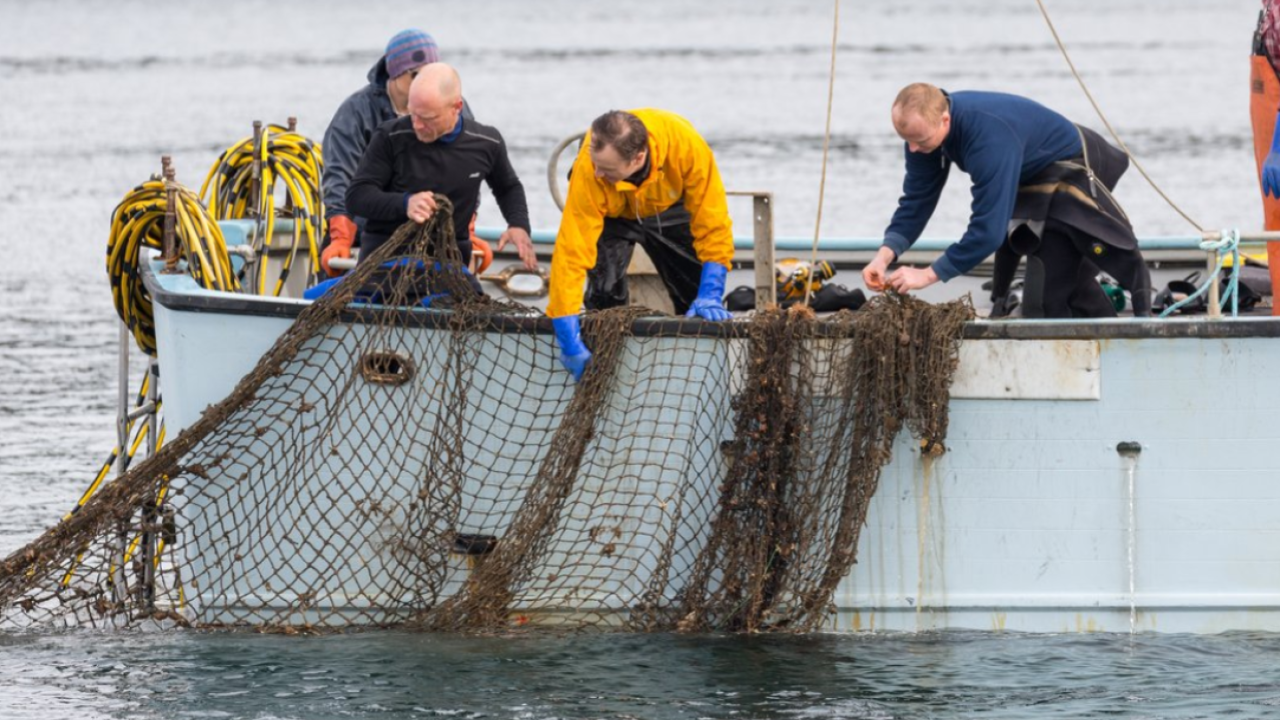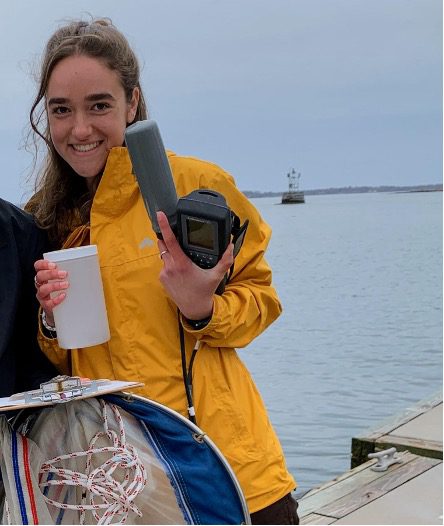Written by Aayusha Prasain – CEO, Community Homestay Network
When travel is done with care, keeping people, places, and purpose at its center, it becomes more meaningful. Over the past few years, I have had the chance to see this meaning come alive through my work with the Community Homestay Network (CHN) in Nepal.
This experience has strengthened my belief that when community tourism is practiced as it is truly meant to be, it must be rooted in the leadership and everyday experiences of local people. At CHN, we have seen how community tourism can create real change: opening doors for women to run their own businesses, encouraging learning across generations, and providing new opportunities for young people.
After almost ten years in this space with some tangible impacts on ground, we are looking more closely at how community tourism can shape whole destinations.

What started as a small homestay initiative under Royal Mountain Travel’s CSR project gradually expanded and, in 2017, was established as a separate entity, the Community Homestay Network. Now our work brings together 50 different communities across Nepal.
Throughout this process, families are being inspired to take part, new demand for immersive experiences is developing, and an ecosystem is forming where culture, economy, and environment are growing together. Of course, tourism is complex, and sustaining it takes strong support systems.
From the early days, Planeterra was one of CHN’s key partners and supporters. They supported our communities with training, initial funding, and connections that gradually brought travelers to diverse parts of Nepal, from the semi-urban town of Panauti to the flat plains of Barauli.
This support not only helped bring travelers to these areas but also laid the foundation for communities to develop their own tourism initiatives and showcase their unique culture. One of the best examples of this impact can be seen in Barauli, a Tharu village located near the popular Chitwan National Park in Nepal. What started as one of our earliest community homestays has now grown into a full community stay.
Over the past ten years, Barauli has shown how community tourism can support the empowerment journey of women, spark new enterprises, and gradually change the tourism landscape of an entire area.
And yet, Barauli is more than just a single success story; it represents a broader journey of how one carefully nurtured initiative can ripple out to shape an entire destination.
Through Barauli’s story, I hope to reflect on a bigger question: how can one simple initiative grow into something that shapes a whole destination? And what lessons does it offer about building inclusive, resilient places through community tourism?
Putting Communities First
Barauli, a Tharu village in Nepal’s Nawalpur district, started small. Families were eager to host travelers, but at first, running a homestay wasn’t easy. Learning the ropes took time, and confidence was low. However, the situation started to gradually change when we (CHN) and local communities discussed and moved forward with the solution of having a local community manager.
Under this newly established leadership, the process felt different, someone from their own village was guiding the way. Families began taking charge, improving their services, welcoming more guests, and slowly realizing that true ownership brought real empowerment. Consistent visits from travelers helped too, giving families the chance to showcase their best and maintain momentum.
Partners like Planeterra supported the journey, turning ideas into tangible change.

From the beginning, Barauli focused on responsible tourism through local leadership and sustainable practices. Back in 2015, with a Planeterra grant, the village installed solar panels for water heating and street lighting. The original 12 guest rooms now had hot water and lights, improving life for visitors and villagers.
As tourism grew, they added eight more rooms, prompting the community to upgrade panels, add a shared bathroom, and even provide electricity to nearby homes during power cuts.
By 2023, further support from Planeterra via the Global Community Tourism Fund (GCTF) allowed the community to strengthen its tourism infrastructure and improve services for both travelers and residents.
One of the most significant outcomes was the installation of upgraded solar panels, ushering in a new era for the community, especially in providing hot water.
“With this project, we now supply hot water to a common bathroom accessible to the entire community, making day-to-day life much easier. Previously, the solar capacity was insufficient even to meet the hot water needs of travelers,” says Bhramhadev Chaudhary, Community Manager, Barauli Community Stay.
The enhanced system now provides hot water to 20 traveler rooms and one public bathroom. Daily chores in the community kitchen and centre, such as cooking, washing dishes, and maintaining cleanliness, have become far more convenient.
Additionally, the strengthened backup power ensures that essential appliances, like refrigerators, operate reliably even during load shedding, adding stability to the community’s infrastructure.

Building Together, Growing Together
With support from Planeterra and G Adventures, Barauli began welcoming travelers in a more structured and sustainable way. Since then, over 5,500 travelers have visited Barauli Community Stay, immersing themselves in a way of life that is rich in culture and rooted in nature.
As the hosts themselves describe it, “When travelers stay with our families, they’re not just guests, they become participants in a deeper cultural exchange, whether through cooking together, painting our walls, or joining us on a jungle safari. What matters most is not just the financial benefit, but the genuine connections we create with travelers.”
- In 2019, Barauli hosted 1,163 travelers before the pandemic.
- Post-pandemic, between April and December 2022, they welcomed 679 travelers.
By mid-2025, that number had already reached over 5500, showing strong recovery and continued growth.
Women at the Heart of Change
The transformative power of community tourism is vividly illustrated in the story of Jeevan Kumari Mahato, Operations In-Charge at the Tharu Community Lodge.
Jeevan’s journey shows how locally led tourism can shape both individual lives and entire communities. Beginning as a member of the Barauli Community Stay, she embraced opportunities often seen as non-traditional for women, including bartending training and working in resorts around Chitwan National Park, all while raising her daughter.
Today, she leads a team of 18 at the eco-friendly, community-owned Tharu Community Lodge, offering travelers an authentic experience rooted in Tharu culture and the natural beauty of the region. Reflecting on the changes she has witnessed, Jeevan shares, “I’ve seen incredible changes among the women in our community, they’ve moved from being confined to household chores to gaining financial independence, safeguarding our cultural heritage, and embracing environmental sustainability.”
During my recent visit to Barauli, I had the privilege of learning about Jeevan’s story and the journeys of many other local entrepreneurs. This was during Paryatan Sambad, an event our organization hosted in collaboration with the local government, tourism stakeholders, and the Nepal Tourism Board. The event aimed to amplify local voices, creating spaces where women could connect, share their experiences, and build networks, opportunities often limited by structural barriers.

Reflecting on these stories, I recognized how Barauli’s experiences mirror other examples of women-led and community-driven tourism across the globe.
A notable parallel exists between Barauli in Nepal and the Ccaccaccollo Women’s Weaving Co-op in Peru’s Andean region. Despite its proximity to Cuzco and Machu Picchu, the Quechua-speaking community of 140 families in Peru had limited access to the economic benefits of tourism.
Similarly, Barauli, located near Chitwan National Park, one of the most visited places in Nepal but inhabited by Indigenous Tharu people, was receiving limited tourism benefits before community-led initiatives took root. In both contexts, carefully guided support helped communities unlock the potential of tourism.
Likewise, with the backing of Planeterra, the community at Jukil Lodge in Bolivia received training in hospitality, organizational management, and business formalization, and was connected to G Adventures tours in 2017, ensuring a steady flow of responsible travelers and new economic opportunities.
In the same vein, Barauli Community Stay received support from 2015 to strengthen its local tourism capacity, develop authentic experiences, and connect with responsible travel networks, creating consistent visitor arrivals and reliable income streams.
The consistent arrival of travelers in both communities did more than generate income; it encouraged residents to see tourism as a viable and sustainable source of livelihood.
Supported by steady demand, locally led initiatives, and targeted capacity-building, both Barauli and Ccaccaccollo were able to design culturally grounded experiences, invest in local development, and plan tourism in ways that are socially, economically, and environmentally sustainable from the very beginning.
Inspiring an Entire Destination and Beyond
Barauli Community Stay’s journey since 2015 has created ripple effects across Barauli as a destination, demonstrating how community-led, culturally grounded tourism can transform a small rural destination.
During the same event in Barauli, I had the opportunity to explore how tourism is being institutionalized in the community. I spoke with various stakeholders from accommodation owners to nature guides to understand the evolving dynamics of local tourism, many of whom started their journey through Barauli Community Stay.
Among them was Buddhisen Chaudhary, one of the pioneers behind Barauli’s community tourism movement. He wears multiple hats: a founding member of Barauli Community Stay, Chief Experience Officer (CEO) at G Adventures, and co-founder of Tharu Community Lodge.
While reflecting on Barauli’s journey, Buddhisen shared his strong belief in tourism that truly benefits local people. Having been involved from the very beginning, he takes great pride in witnessing its transformation.
“Today, we have around 20 new accommodation businesses in Barauli, ranging from eco-lodges to community-run homestays, about 80% of them owned by local residents,” he said. “This includes Tharu Community Lodge, Green Village Hotel, Peacock Lodge, Mitjyu Cottage, and Lamichaur Agro Resort. It’s a positive outcome that shows how one community enterprise can inspire others to invest responsibly and take ownership of their own tourism development.”
At the same time, at least 12 local entrepreneurs have launched nature-based experiences such as jeep safaris, boating, and other activities that allow travelers to connect with the region’s natural beauty.
Over 66 individuals now benefit directly from employment in these community stays and lodges, and since 2020, more than 21,500 travelers have visited Barauli beyond Barauli Community Stay, a remarkable figure for a small rural area.
Women have also played a key role, launching eight tourism activities that engage around 15 local women entrepreneurs, including cooking with locals, cycling and sunset experiences at the Narayani River, exploring vernacular art and architecture, agri-based planting and harvesting, fishing, and traditional Tharu attire and henna tattooing.

When compared with global examples of women-led and community-driven tourism, Barauli demonstrates a replicable model for sustainable destination development, showing how consistent visitor engagement, locally led initiatives, and capacity-building can generate both economic and social value while safeguarding cultural and environmental integrity.
Even the previously neglected community forest is now carefully managed, with entrance fees and growing tourism motivating locals to protect and restore the area. Visitors coming to see rhinos, crocodiles, and a variety of bird species not only enjoy meaningful wildlife experiences but also support the community, reinforcing local incentives to conserve and sustainably manage their natural environment.
Beyond Barauli itself, this transformation has opened new horizons for local youth. Inspired by early pioneers like Buddhisen, now a CEO at G Adventures for a decade, many young people from Barauli have pursued careers in renowned hotels, resorts, and travel companies across Nepal.
What began as a grassroots community initiative has grown into a movement that not only strengthens the local economy but also broadens opportunities and aspirations for future generations, proving how one community’s journey can inspire change far beyond its borders.
Why Local Ownership Matters
Barauli stands as a living example of tourism that works. Rooted in dignity, equity, and collaboration, this once lesser-known village has grown its tourism footfall while consciously increasing local investment in property and enriching community-driven experiences.
This success is no accident; it stems from a steady flow of travelers, repeated capacity-building sessions, and sustained investment in responsible tourism from the outset.
These foundations have created a positive cycle, setting the stage for continued local investment and growth. It offers valuable insights into how local ownership ensures that financial, social, and cultural benefits remain within the community. It prompts us to ask important questions: When does thriving tourism truly benefit local communities? What makes a community resilient and able to prevent economic leakage?

At the same time, we must not ignore the reality that tourism is not always beneficial for locals in the long term, if not done right from the beginning. In destinations like Bali, for instance, tourism development often follows a very different pattern.
Many hotels and resorts are foreign-owned, and while some adopt environmentally sustainable practices, local communities frequently see limited economic benefits.
Barauli’s example reminds us that locally led, responsible tourism can chart a different and more equitable path. Studies show that high-end, foreign-owned hotels in Bali experience significant economic leakage, with up to 51–55% of revenues leaving the local economy. In comparison, smaller, locally owned accommodations retain a larger share of income, support local employment, and help preserve cultural authenticity.
In conclusion, Barauli shows that when communities own and lead tourism initiatives, the impact goes far beyond economic gains. It strengthens social cohesion, supports the empowerment journey of women entrepreneurship, safeguards cultural heritage, and fosters sustainable practices that benefit both people and the environment.
The lessons from Barauli remind us that tourism can be a force for inclusive and lasting transformation but only when the community is at the heart of every decision.
About the author:
As the CEO of Community Homestay Network (CHN), Aayusha Prasain is working towards strengthening the organization while streamlining and scaling the impact of tourism across communities. Along with her team at CHN, she also works towards bringing local actors into the tourism value chain and promoting responsible and inclusive tourism.
Visit www.communityhomestay.com to learn more about CHN’s work.




